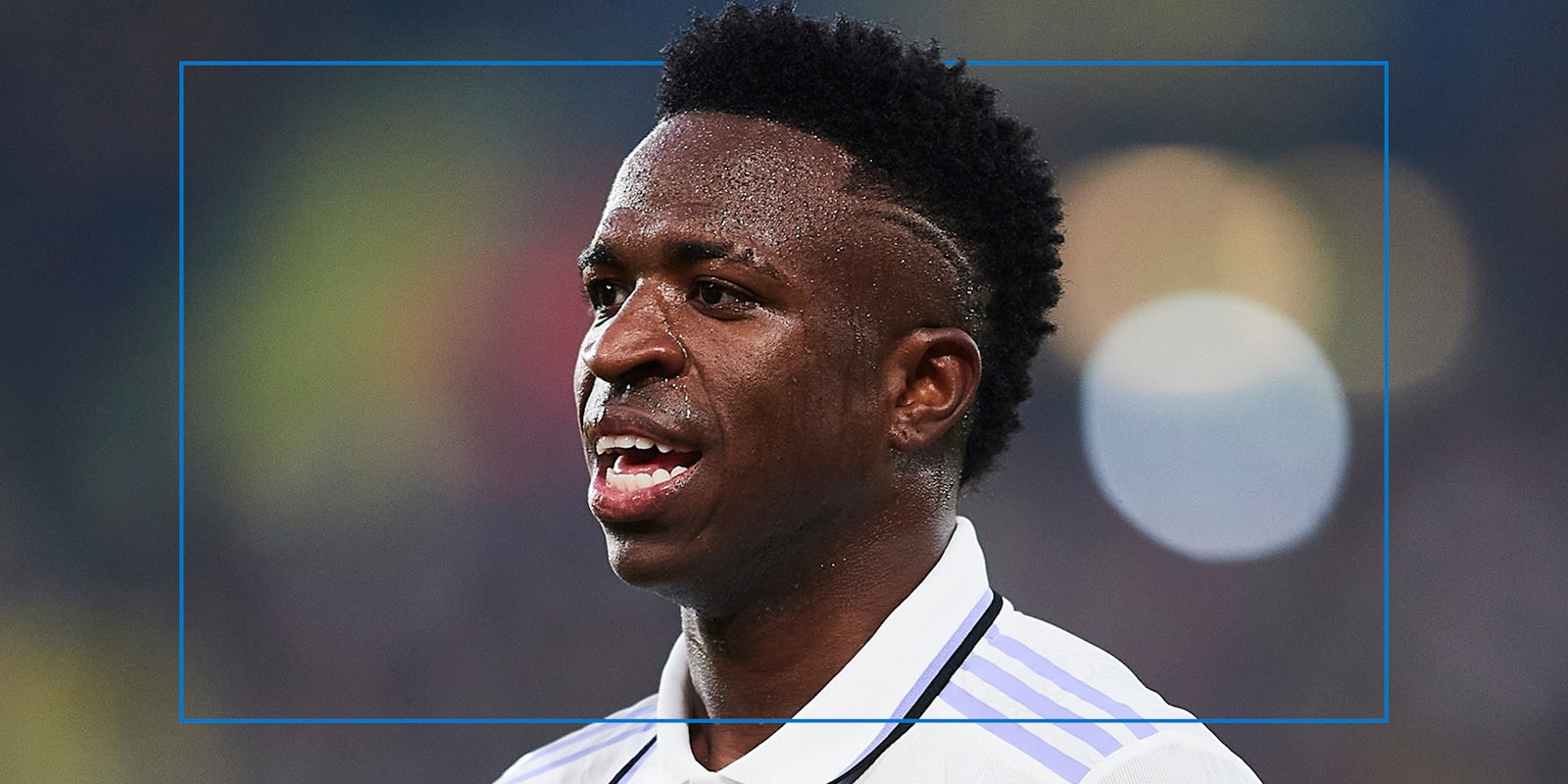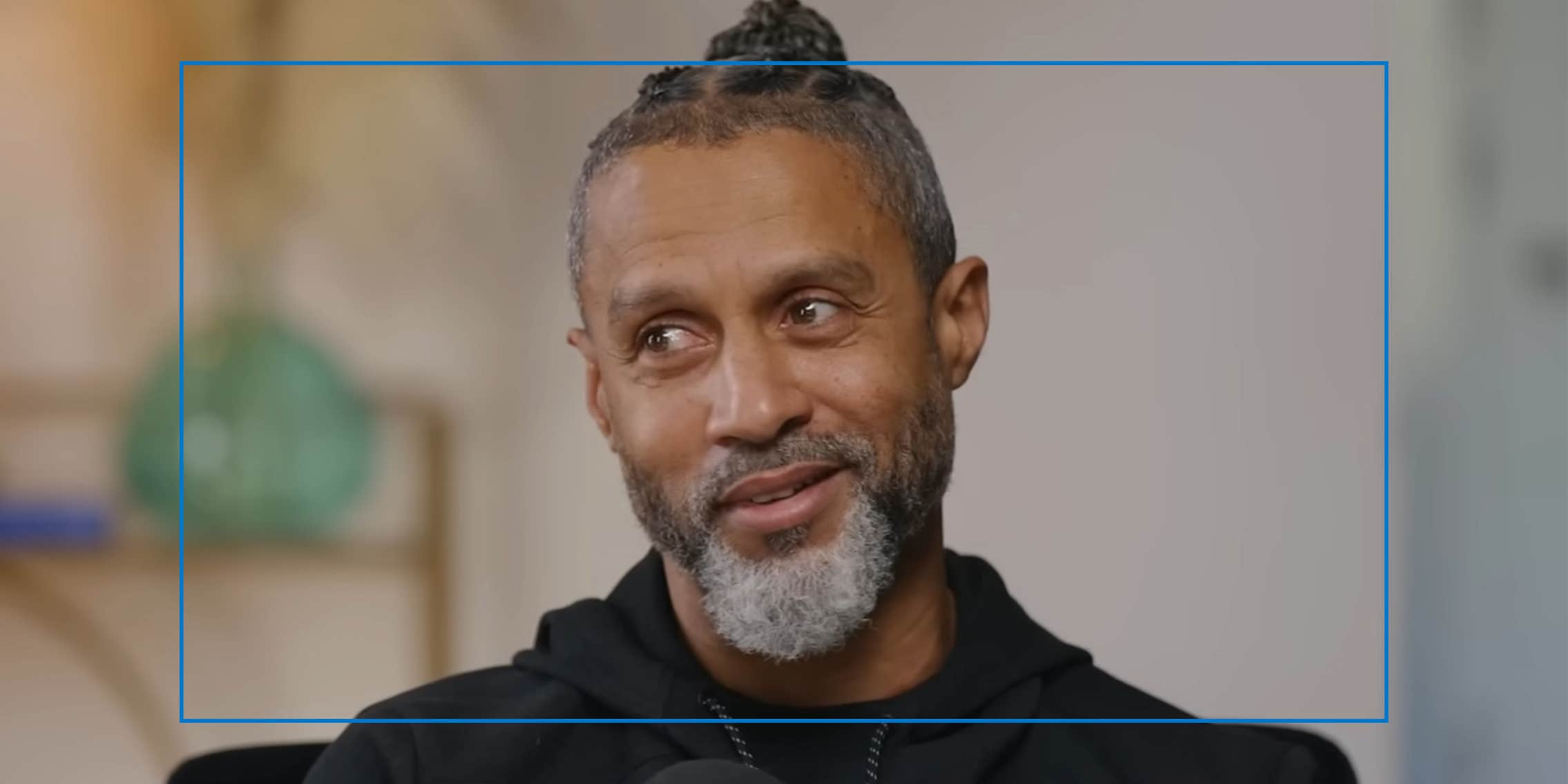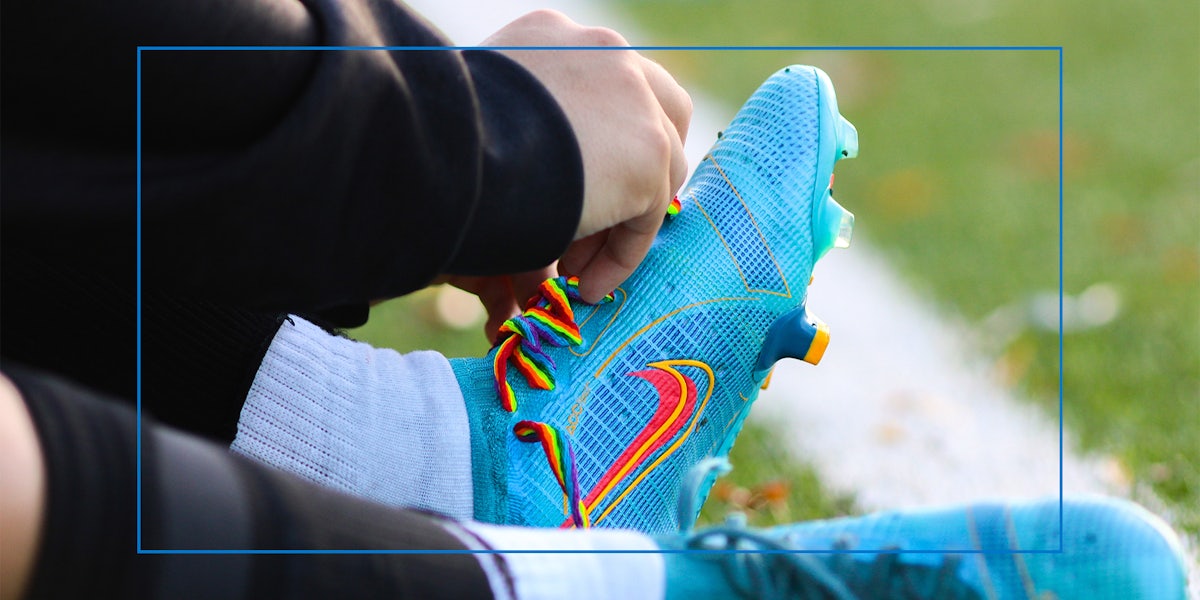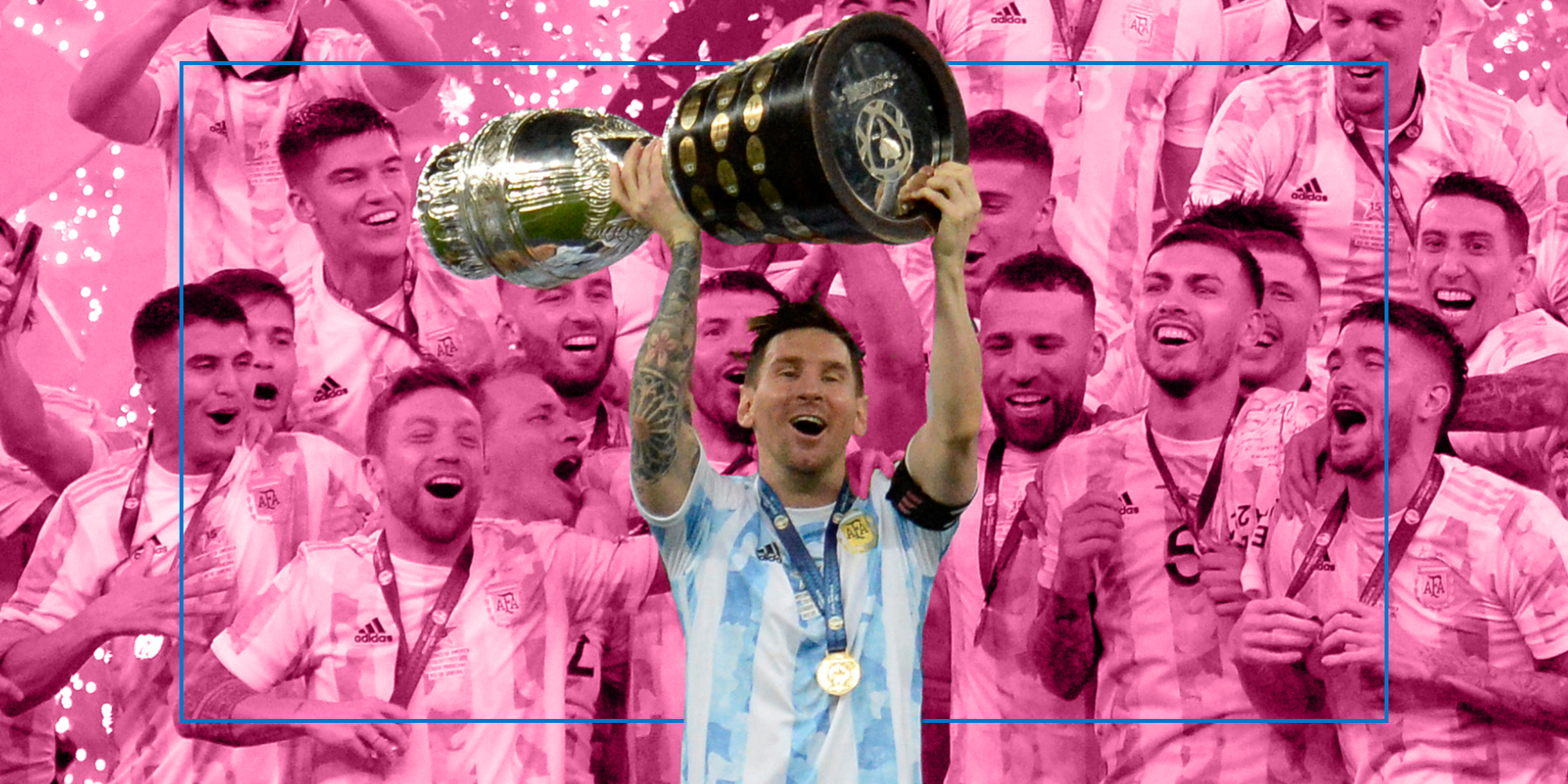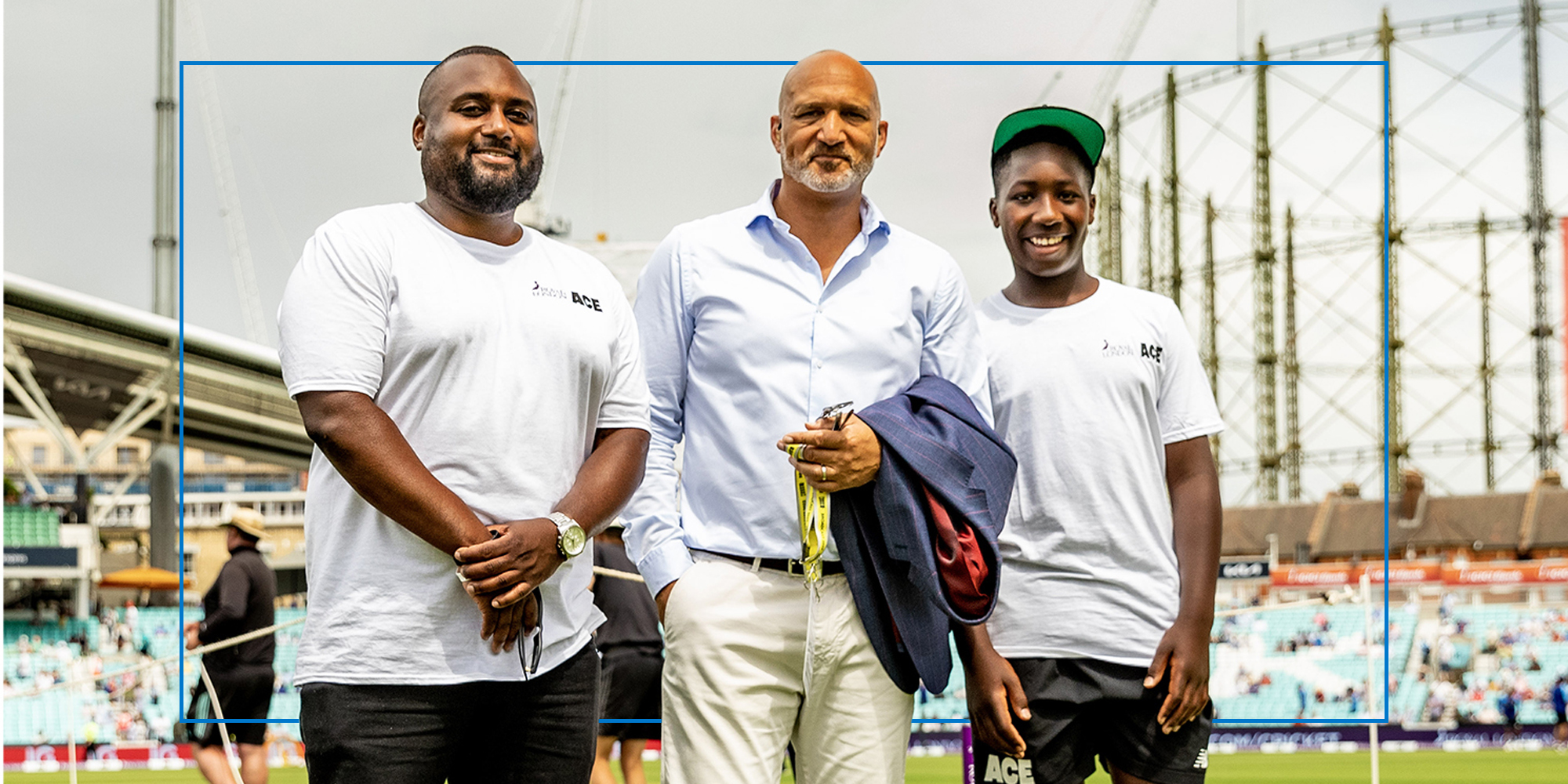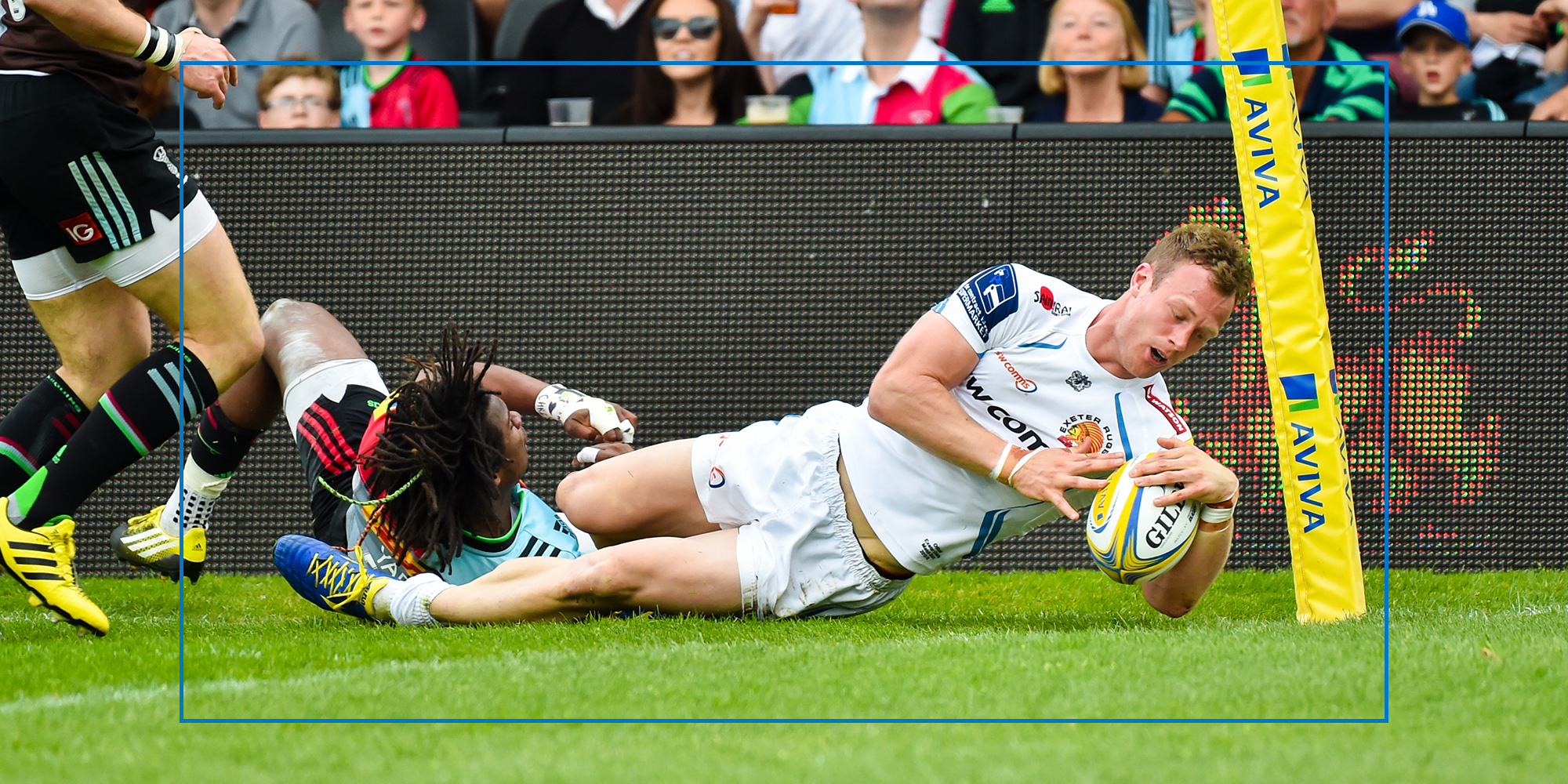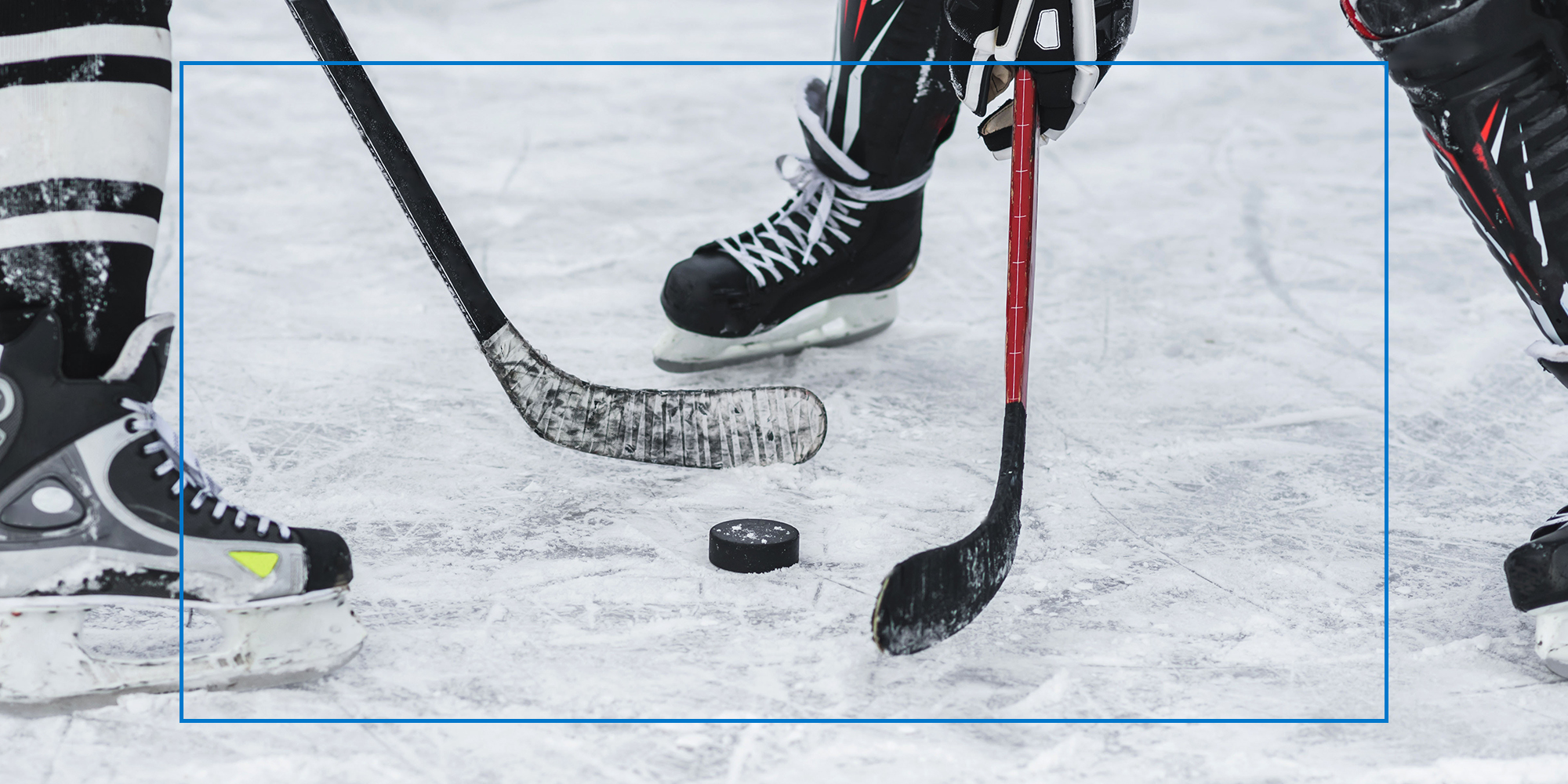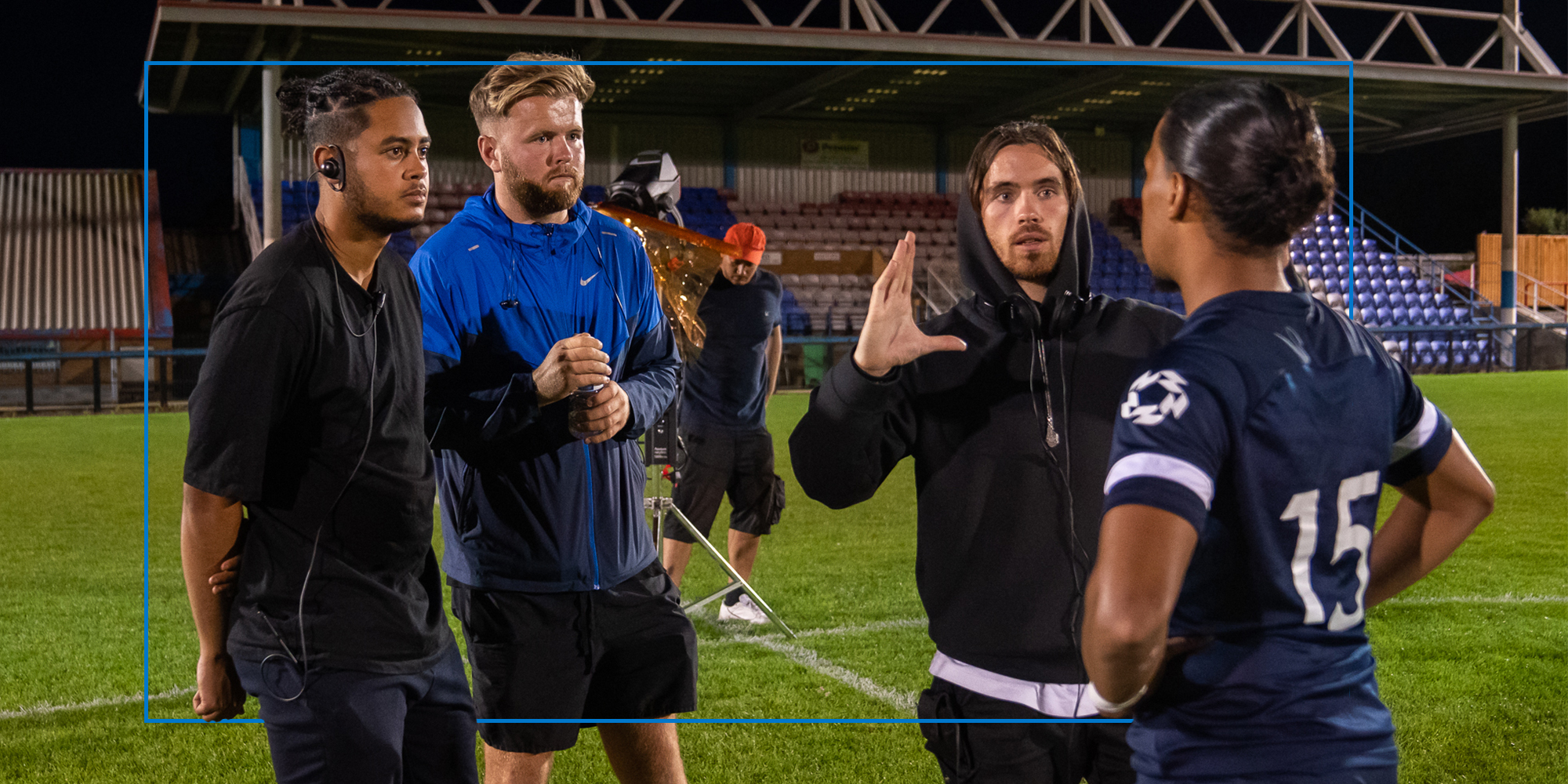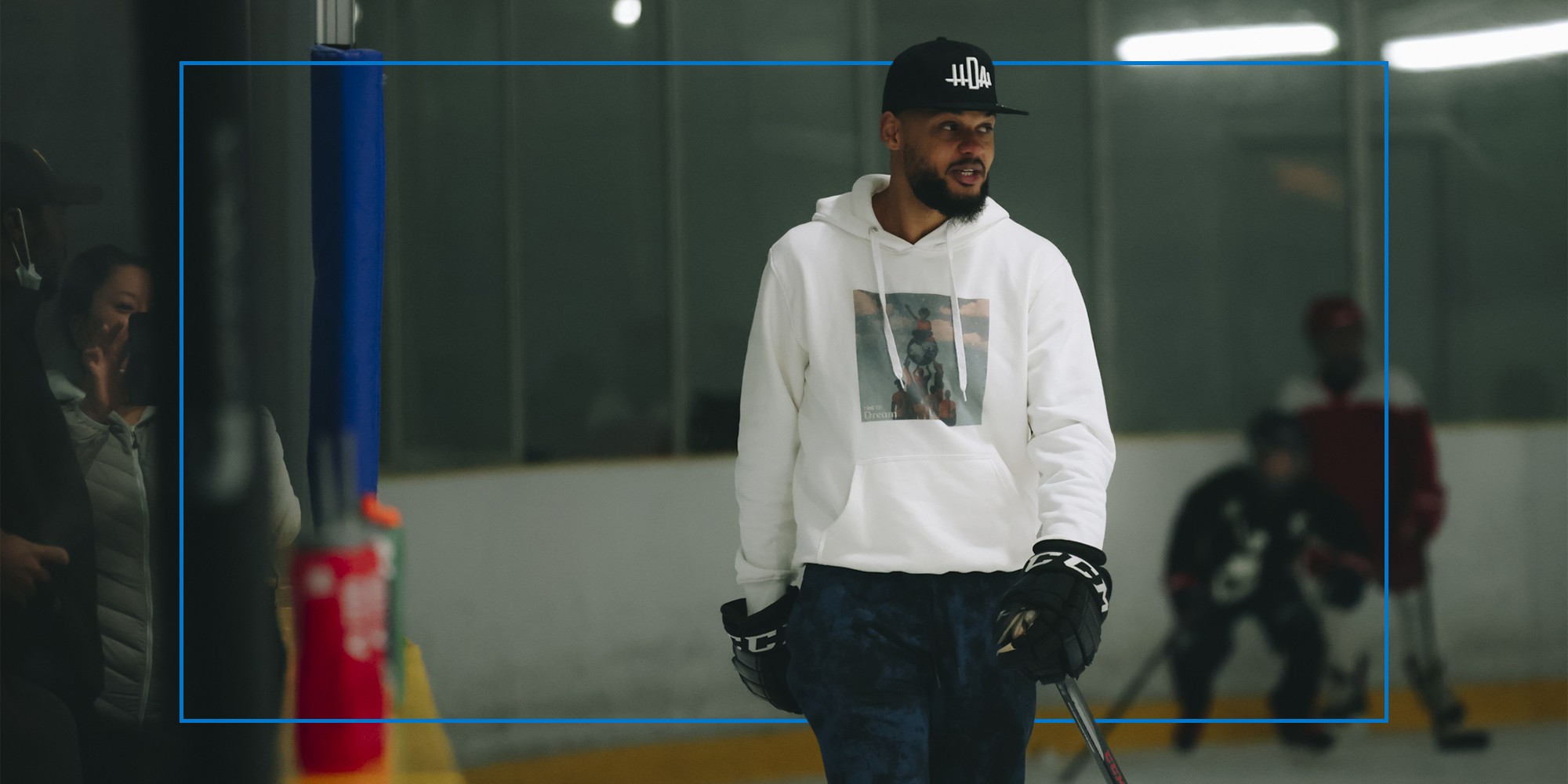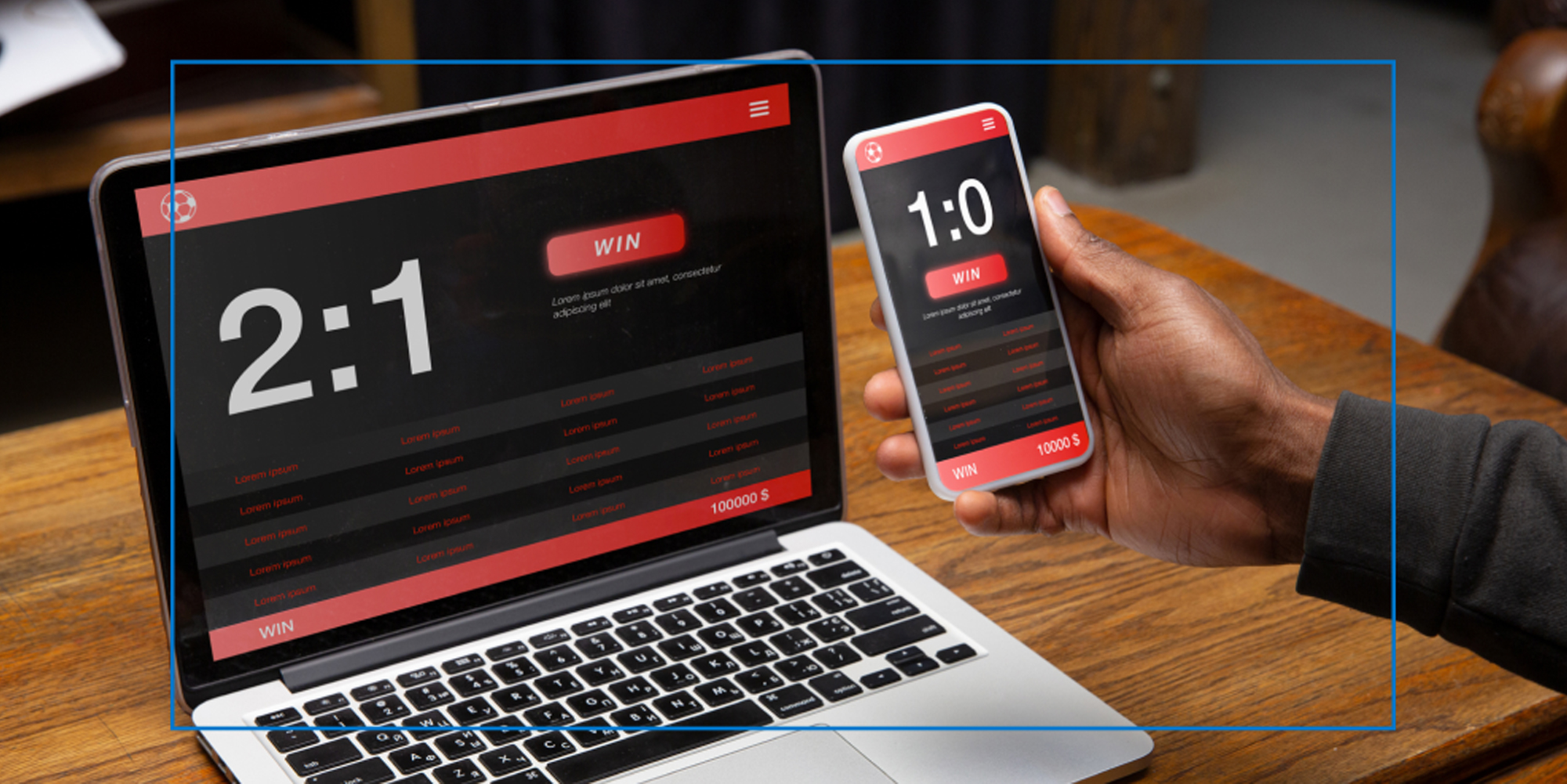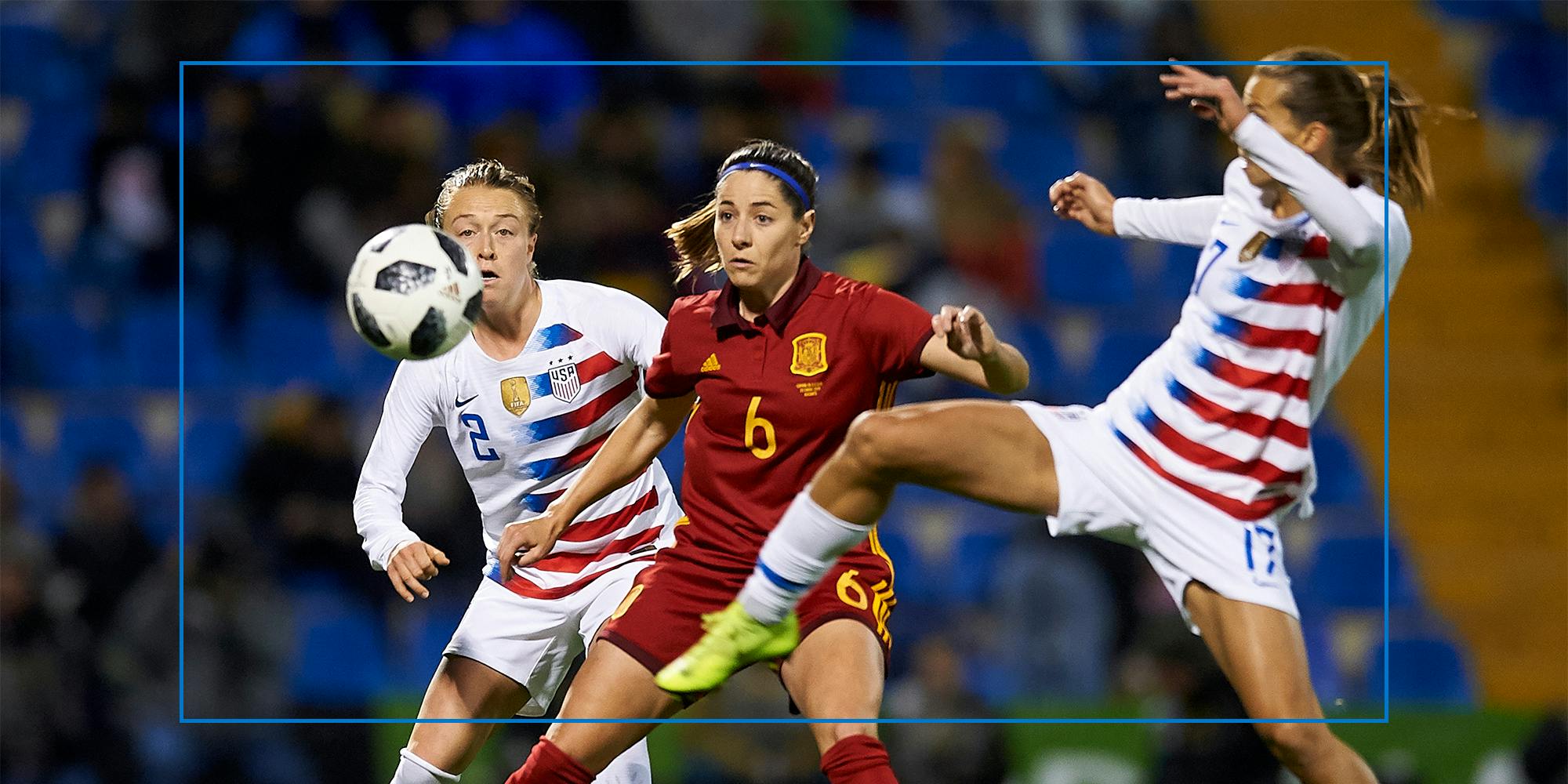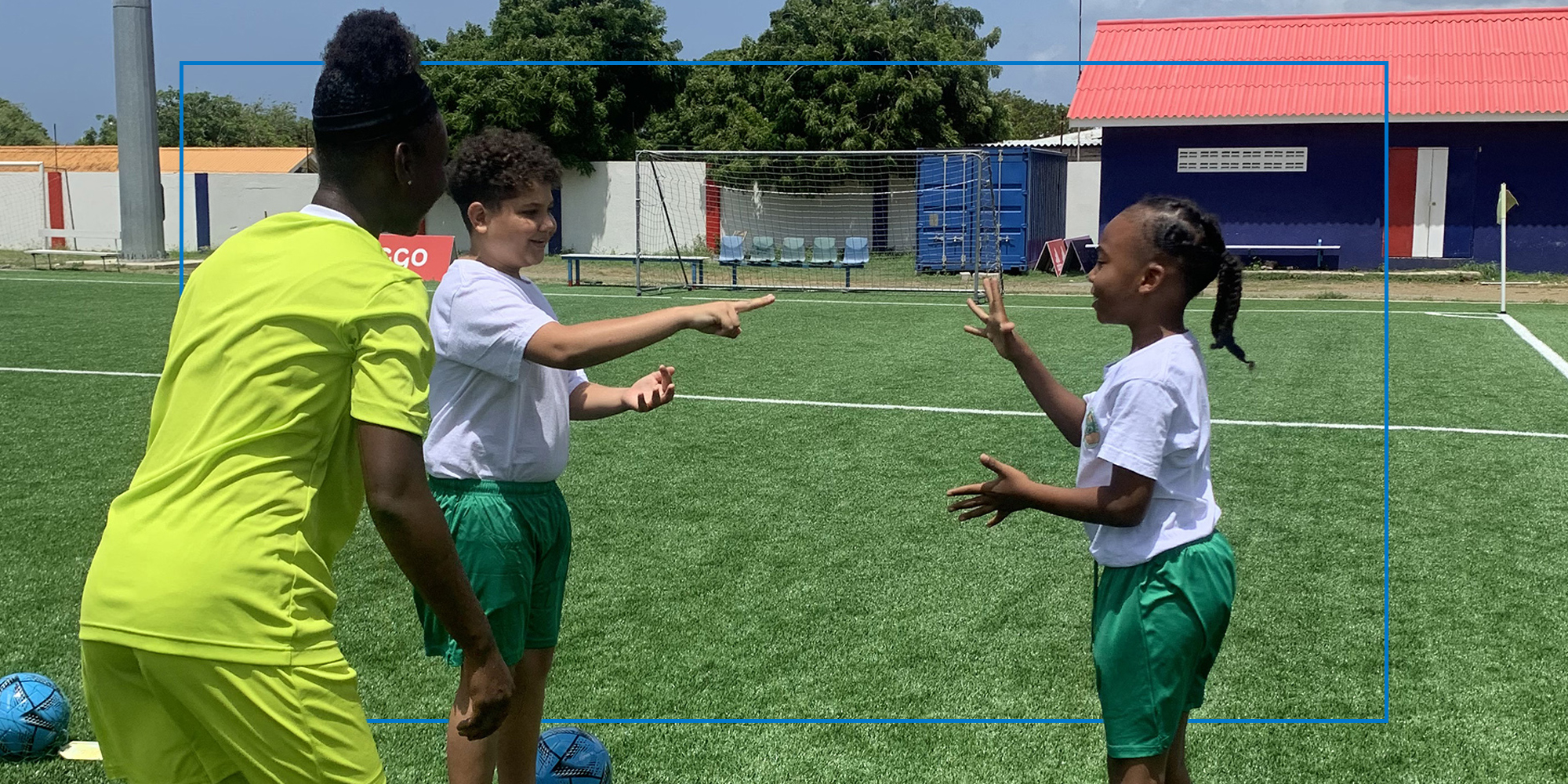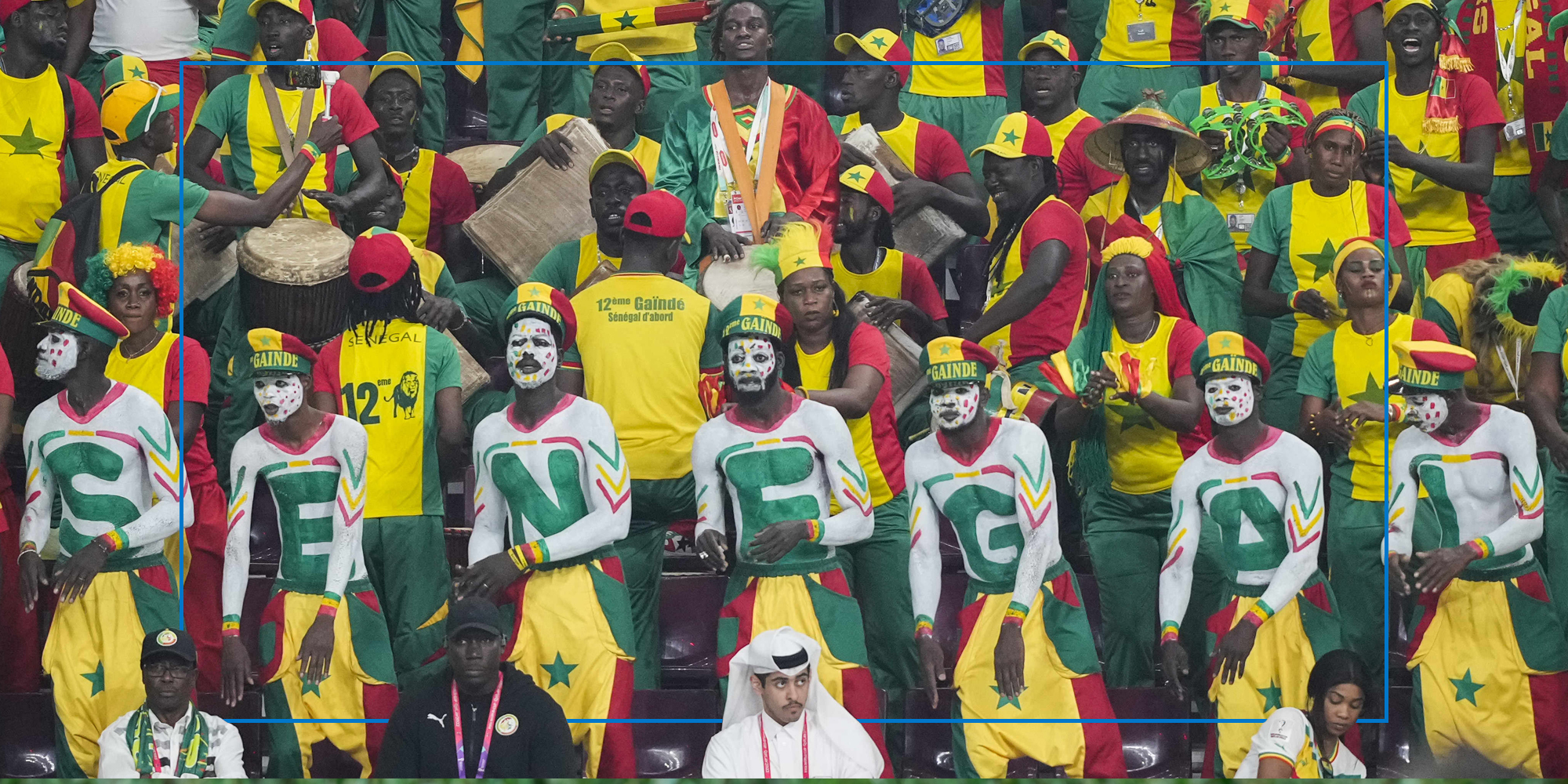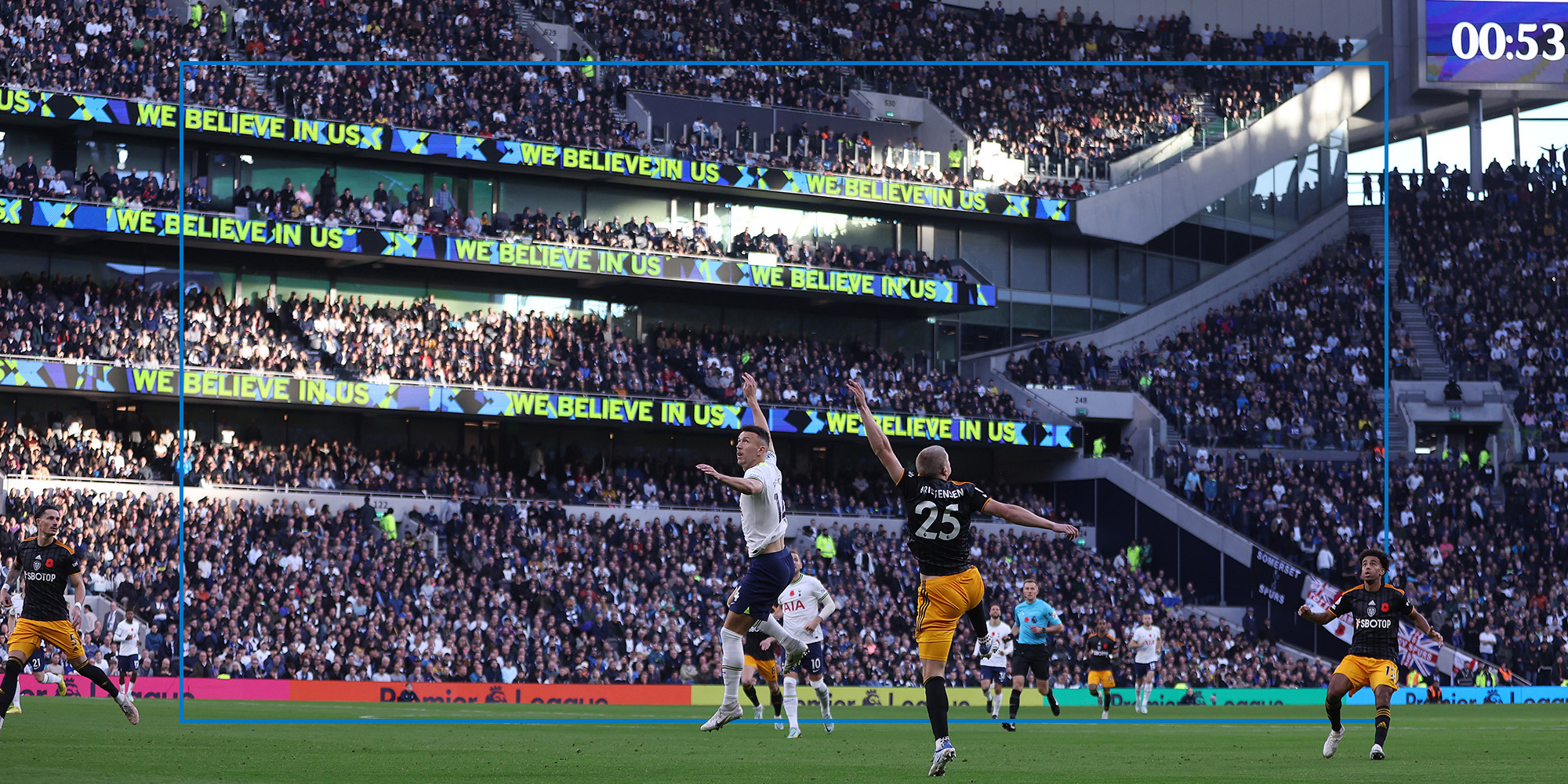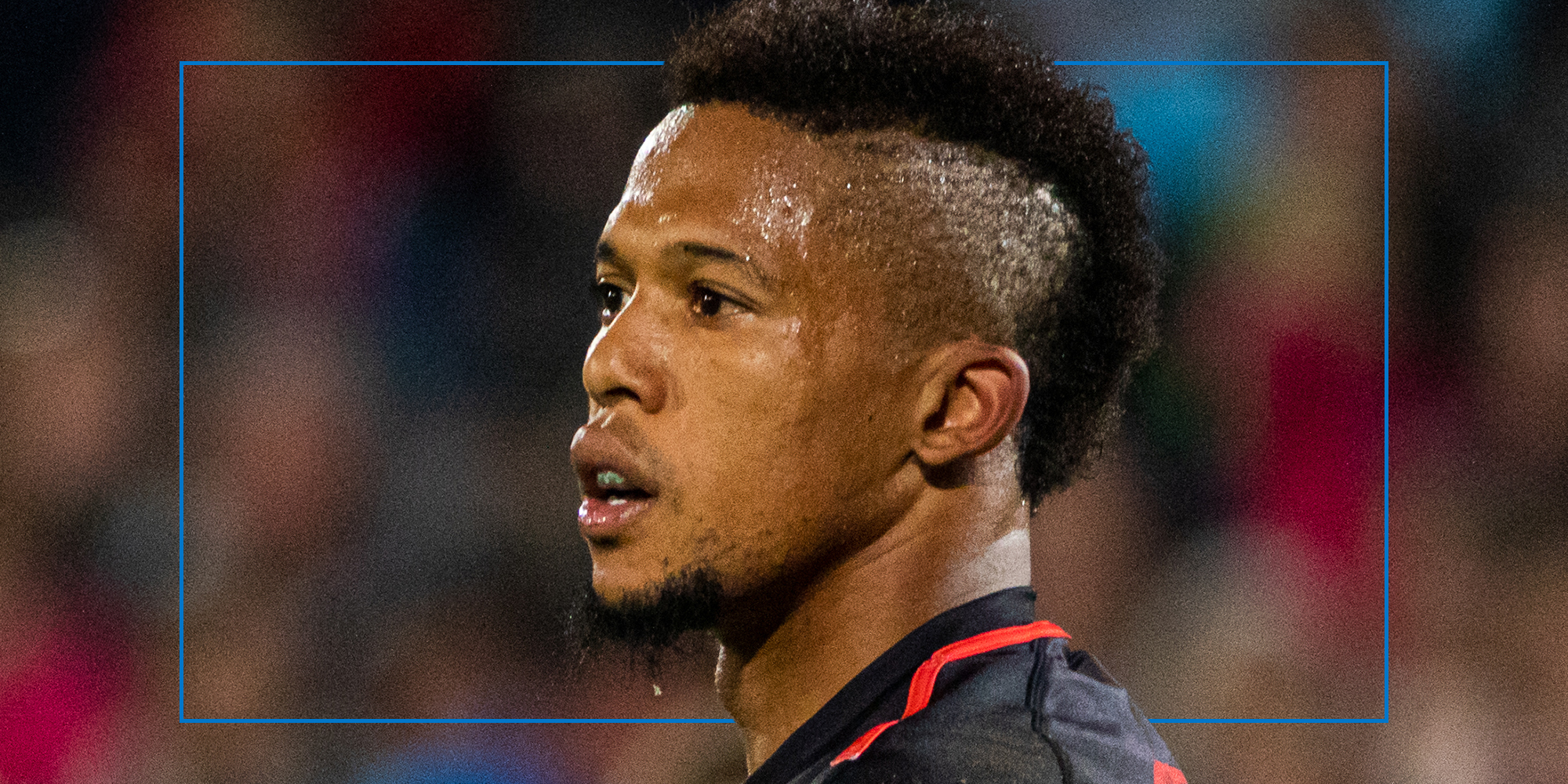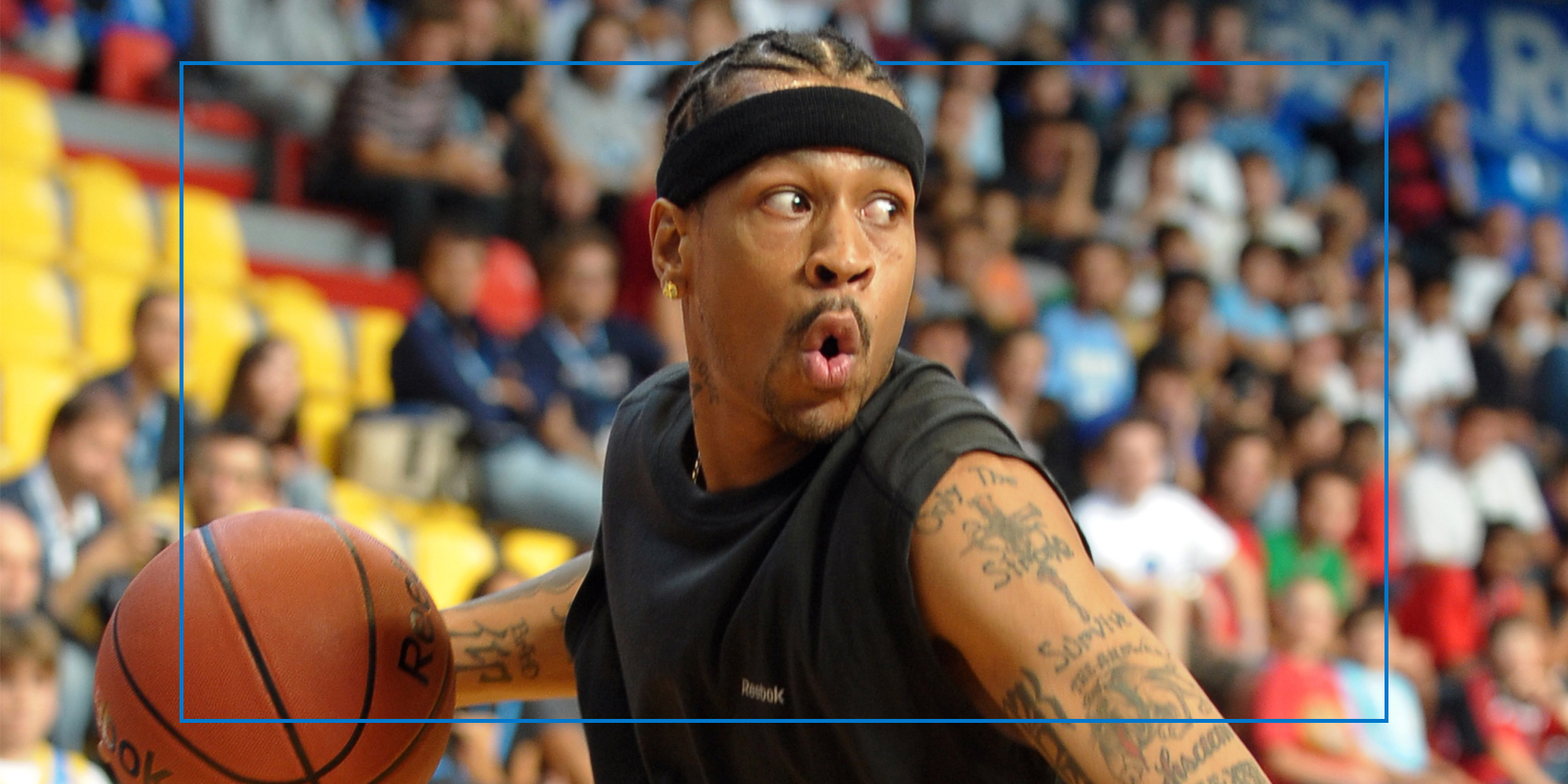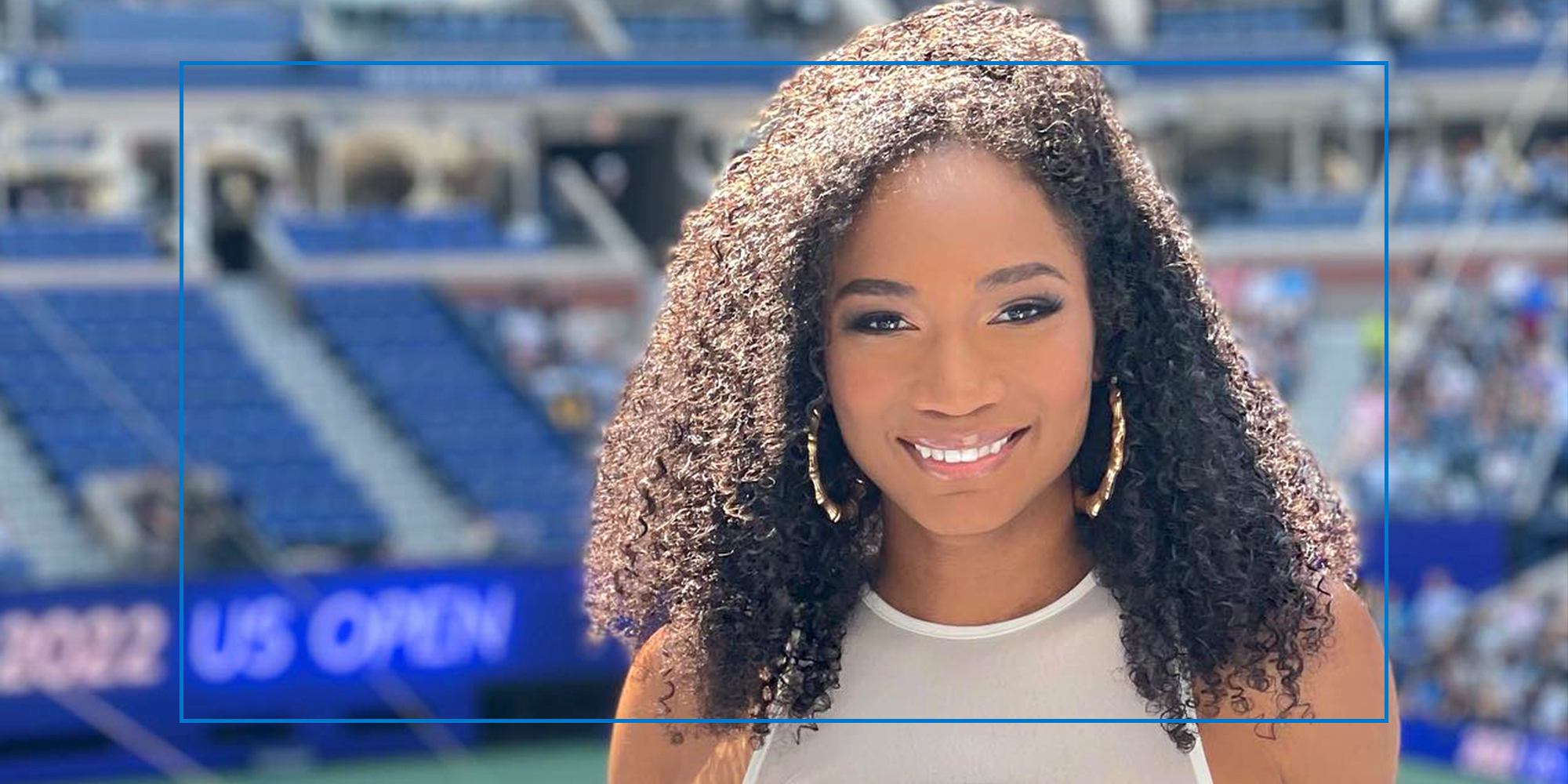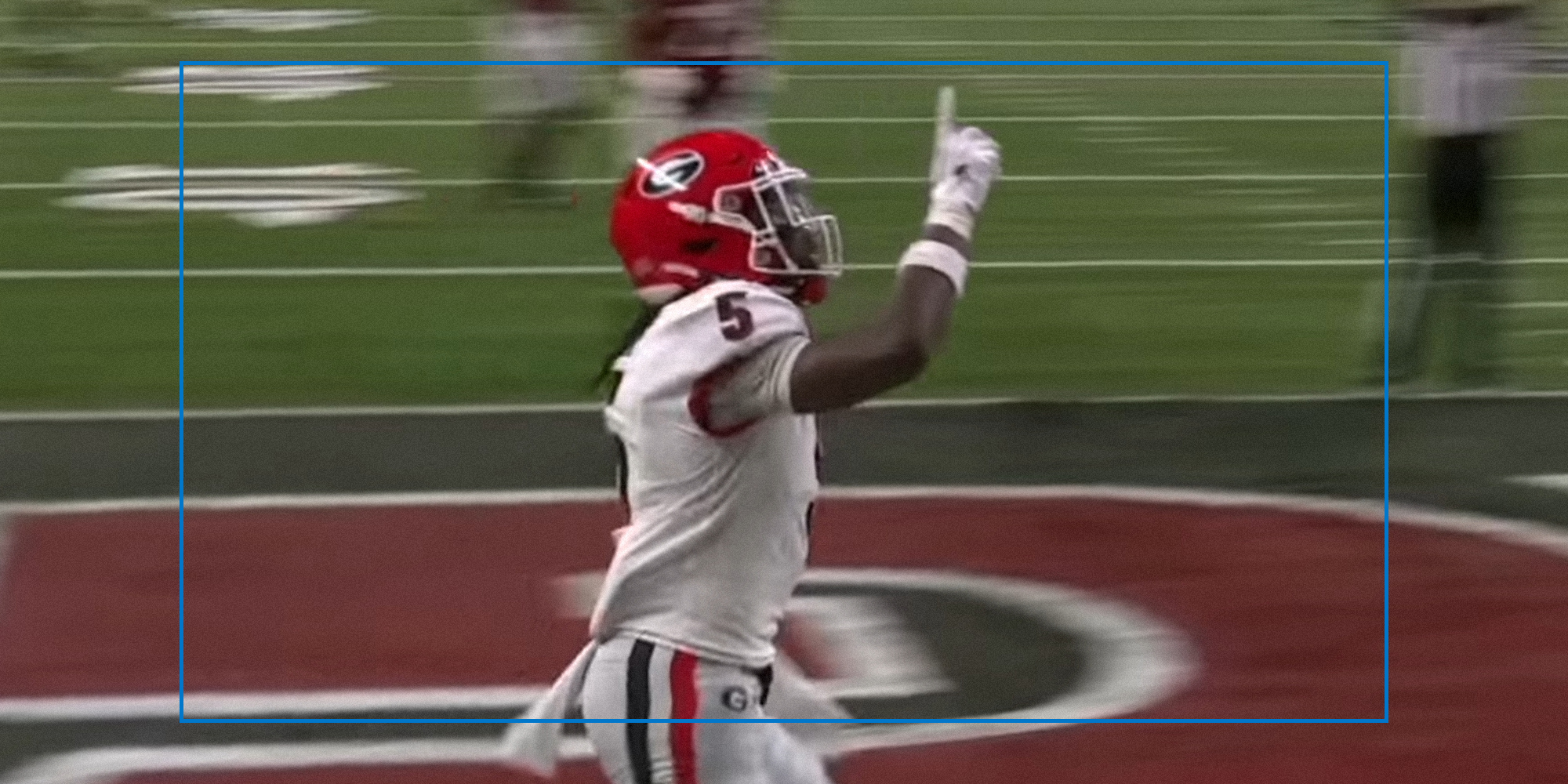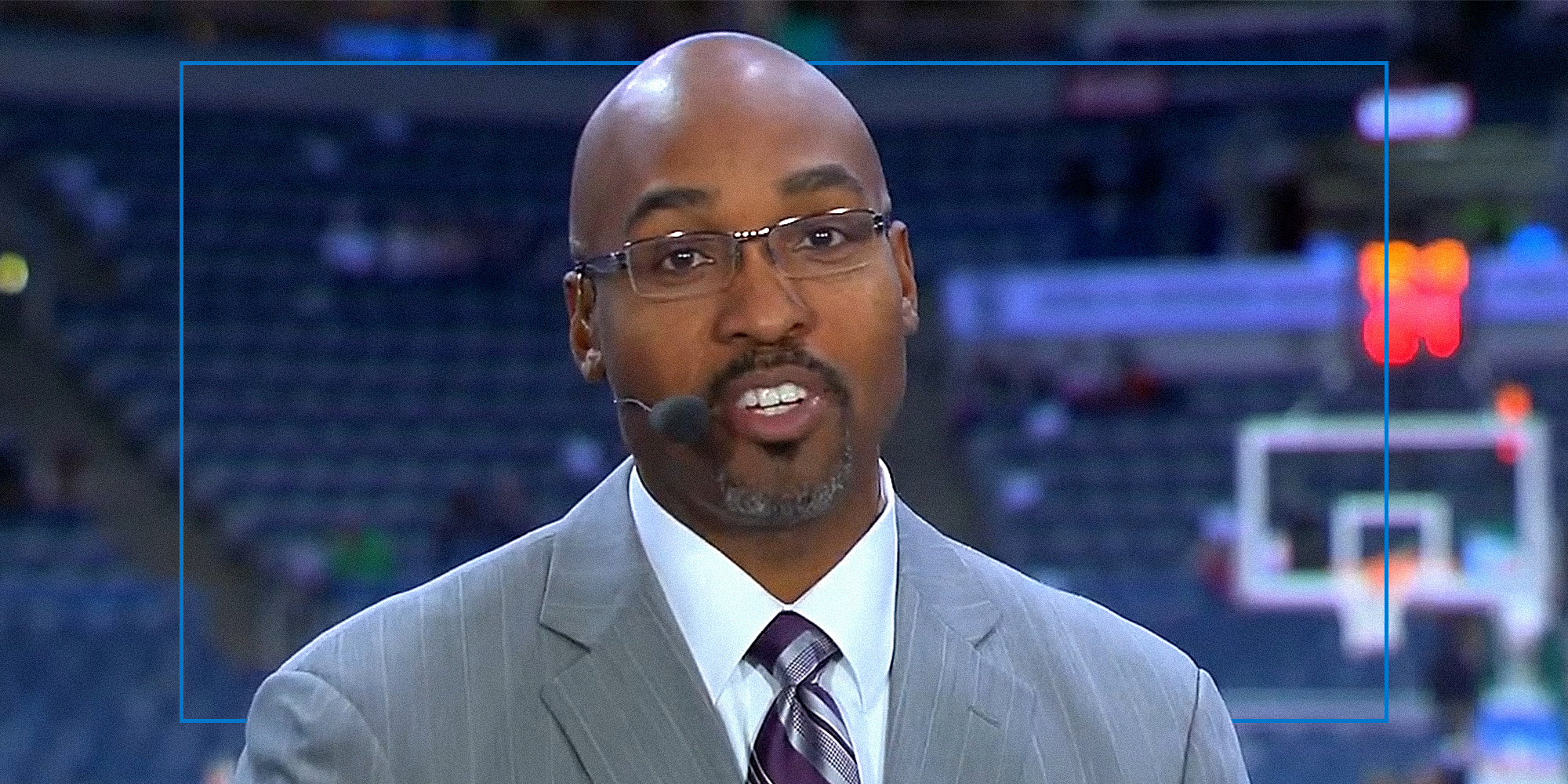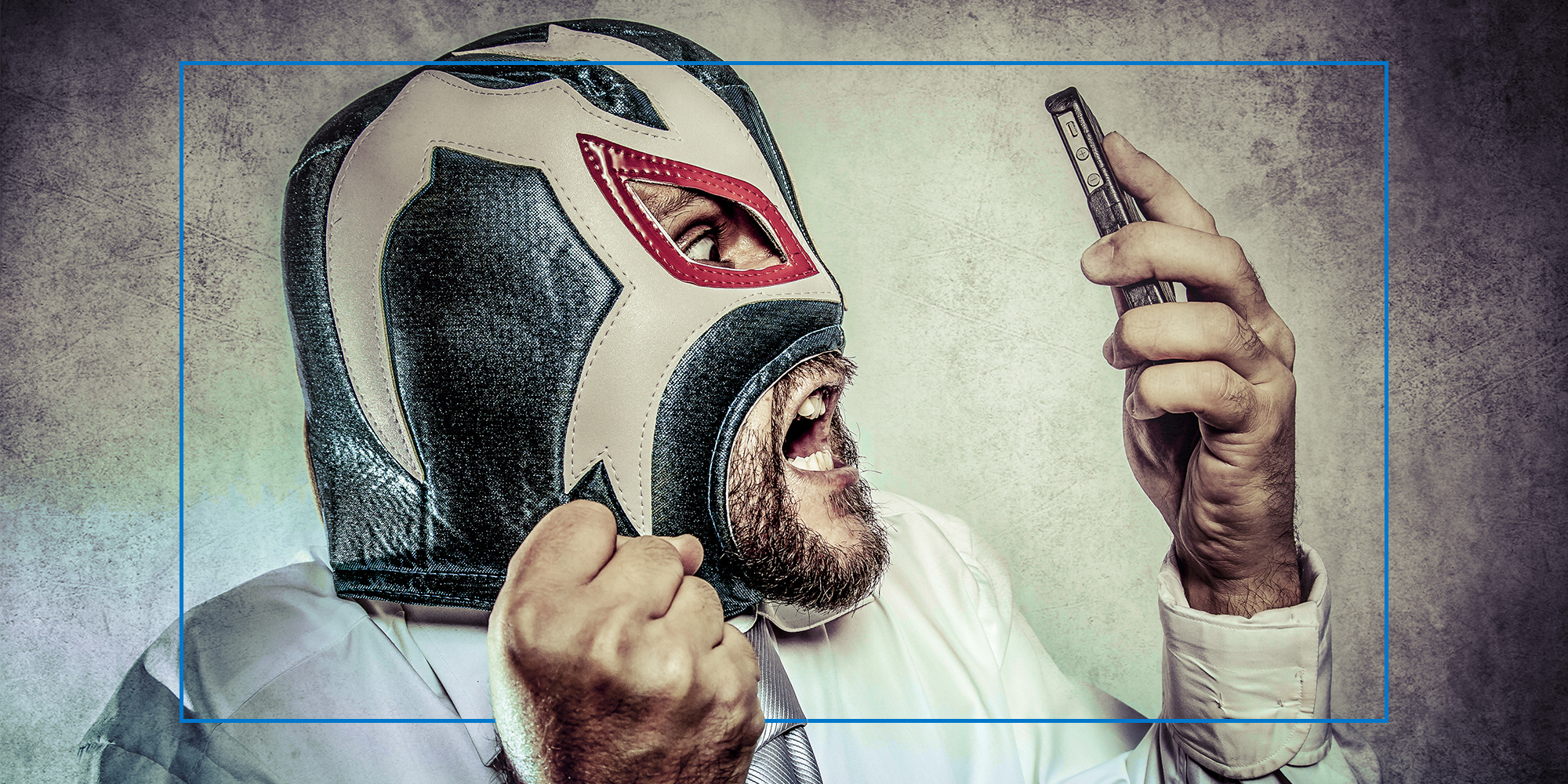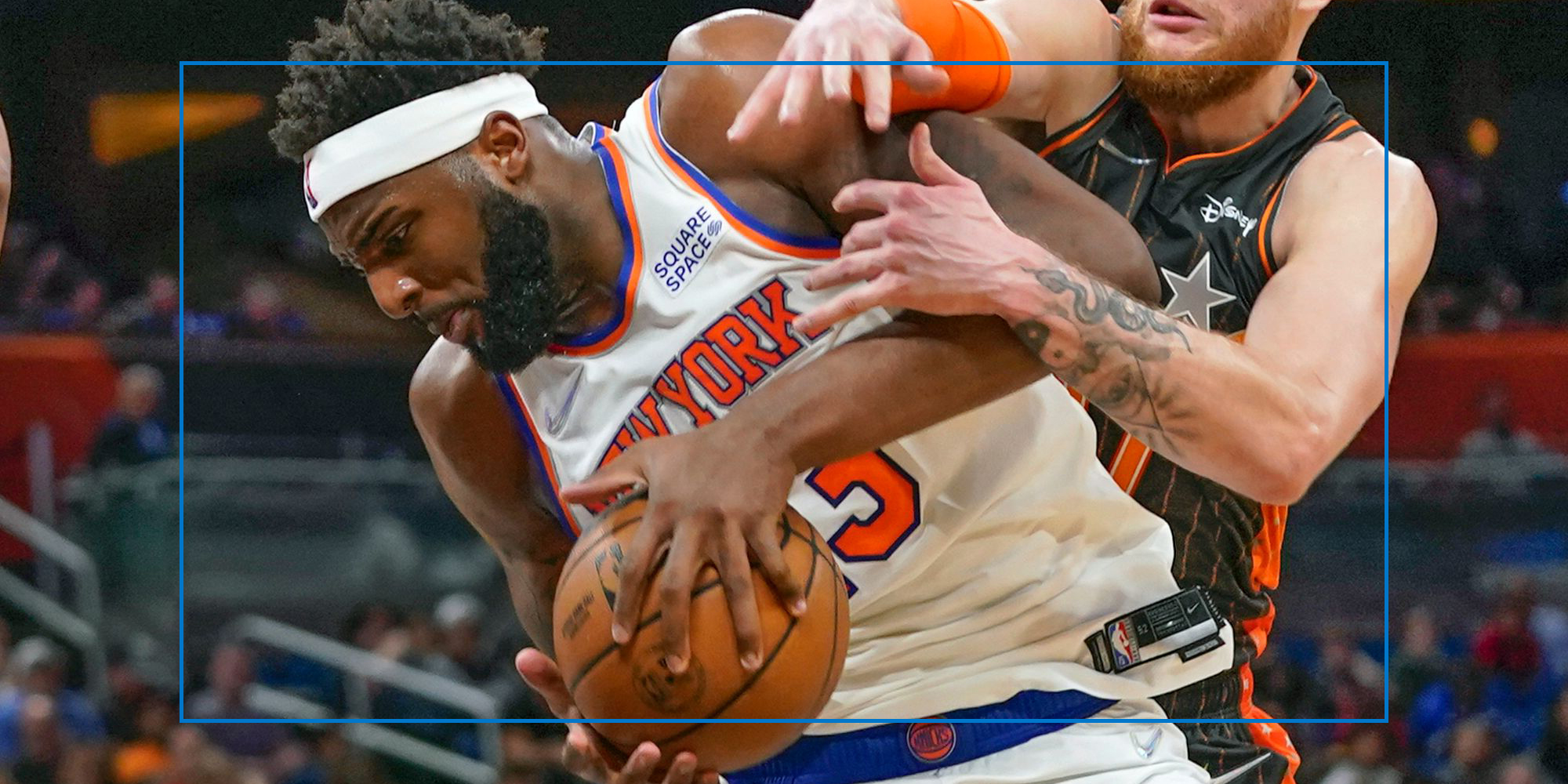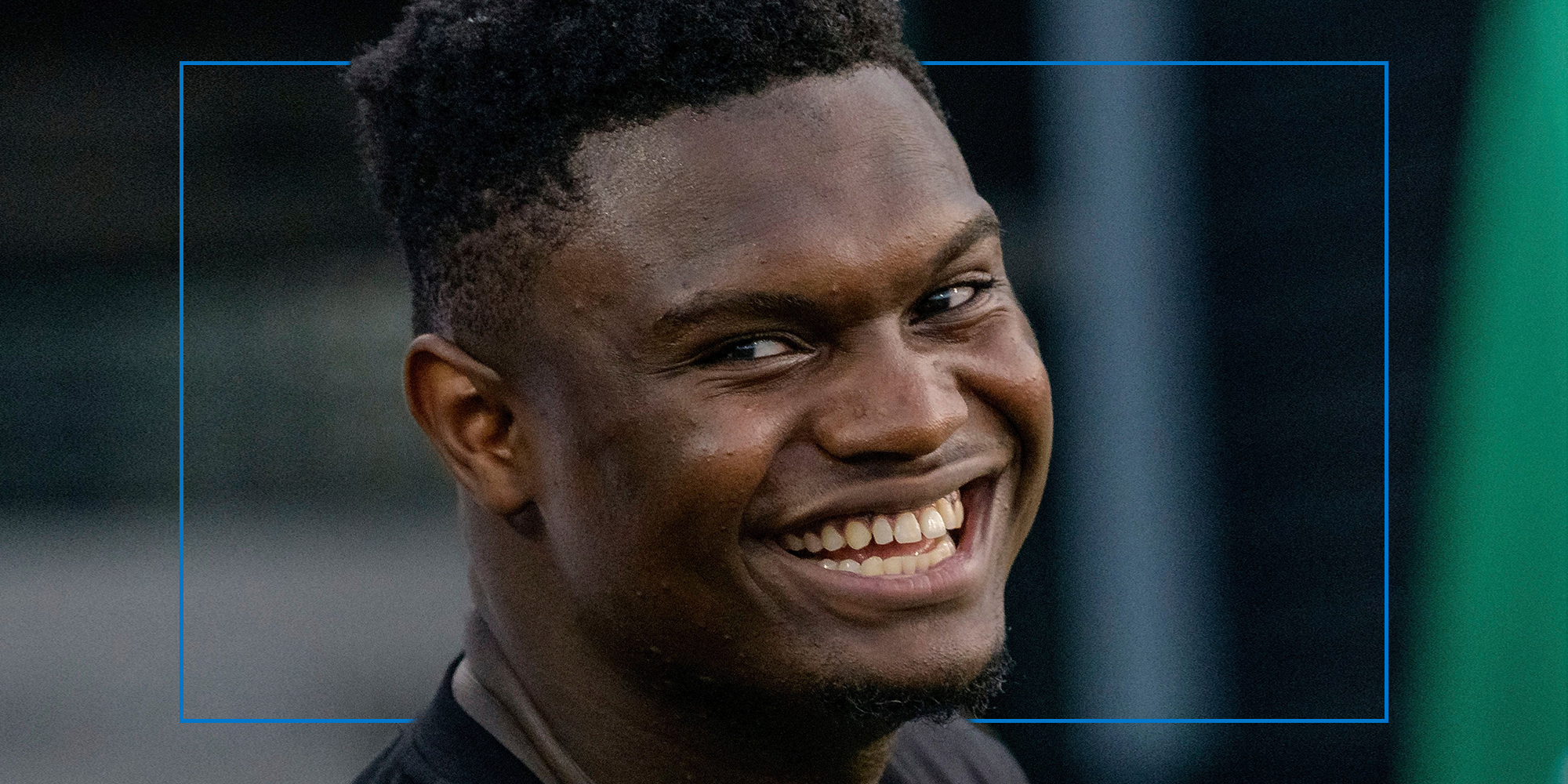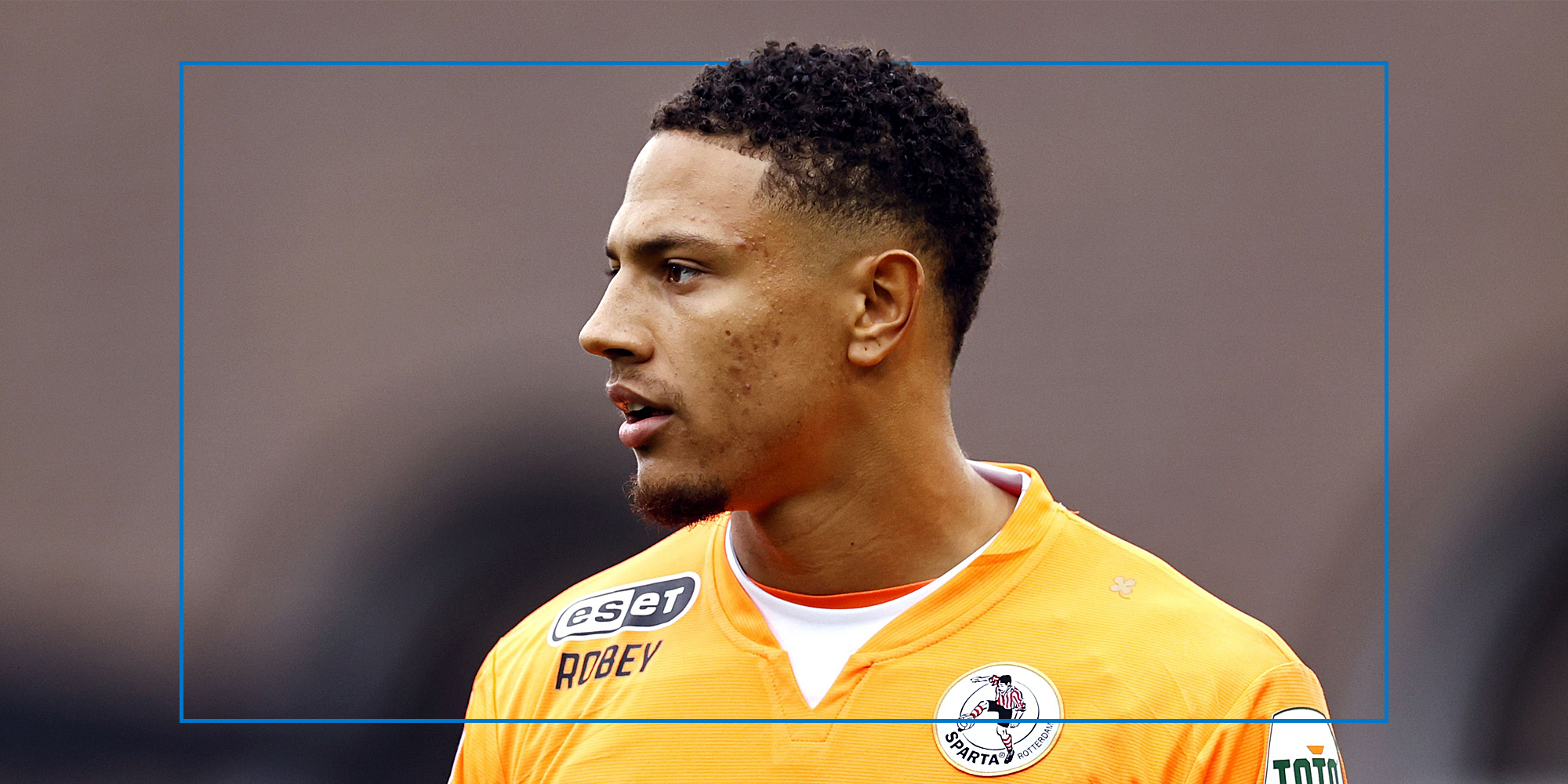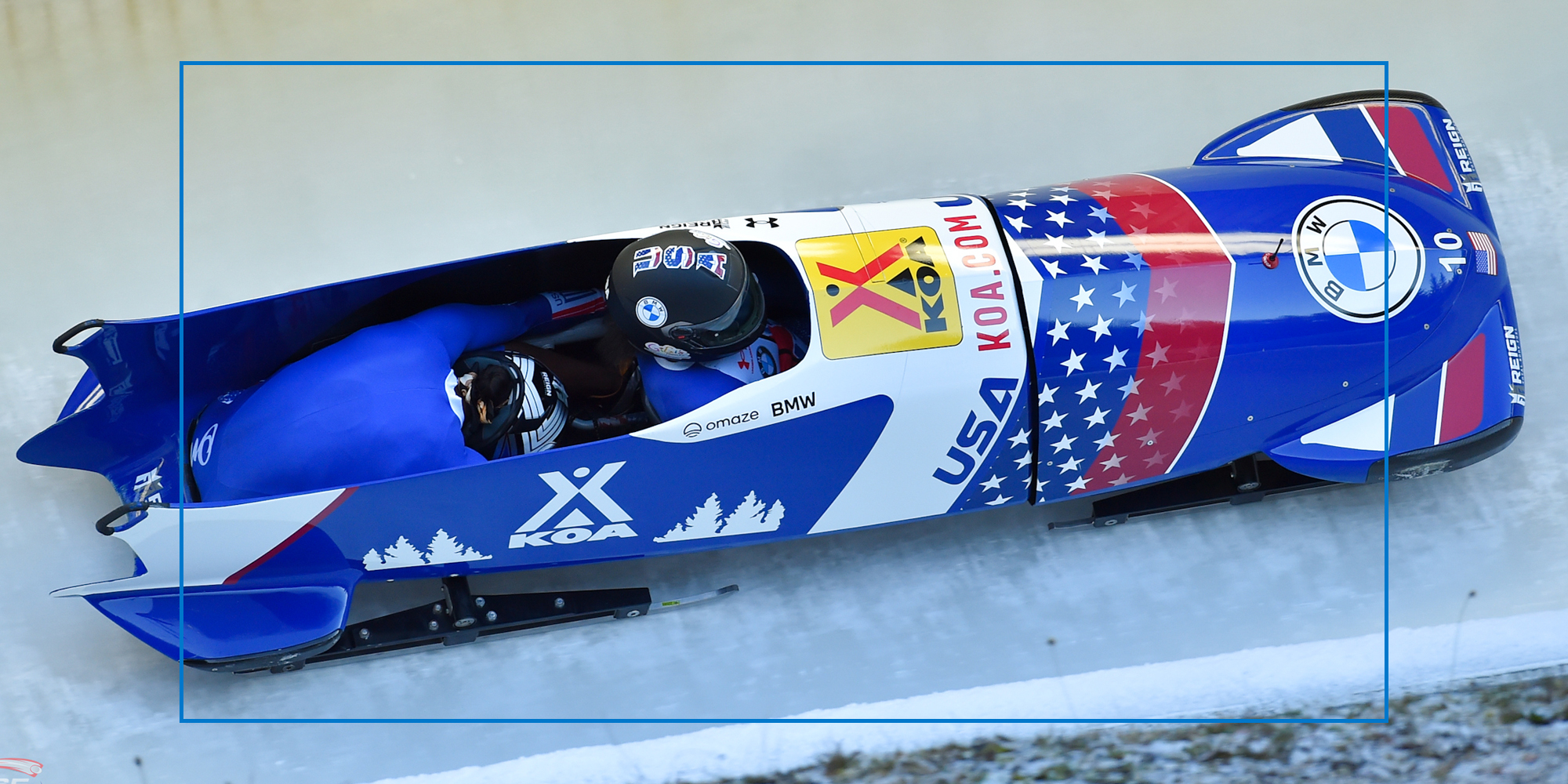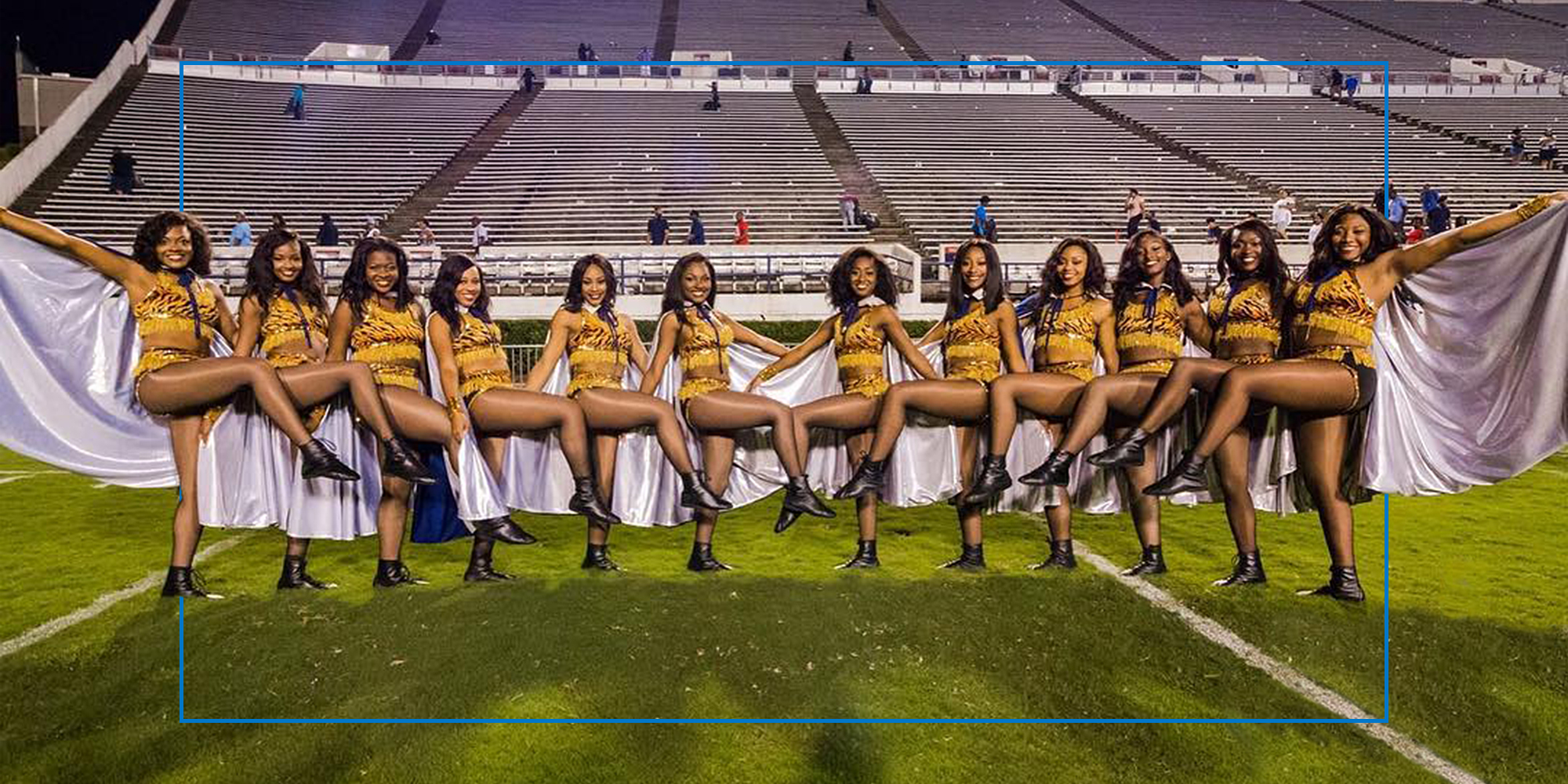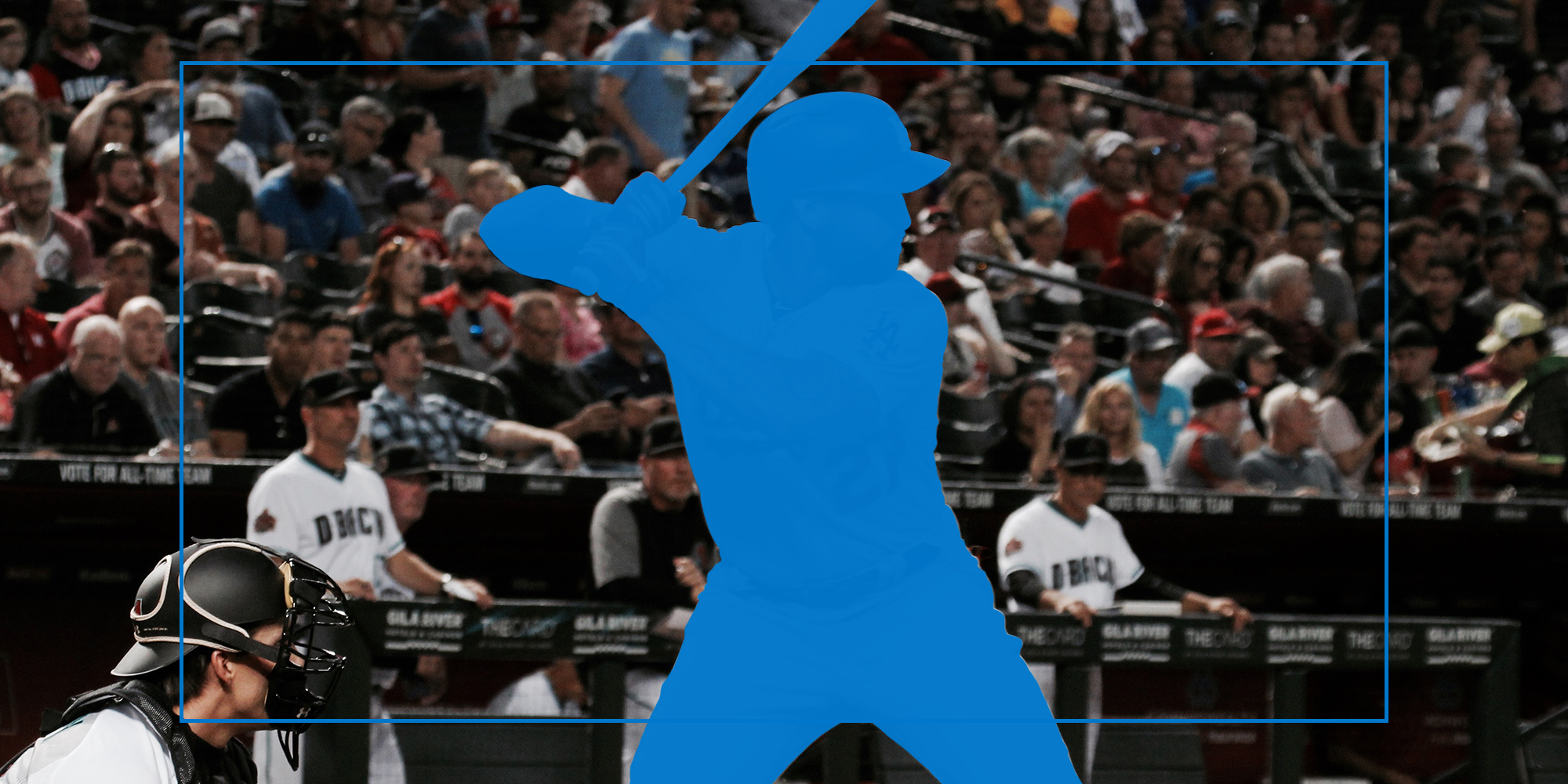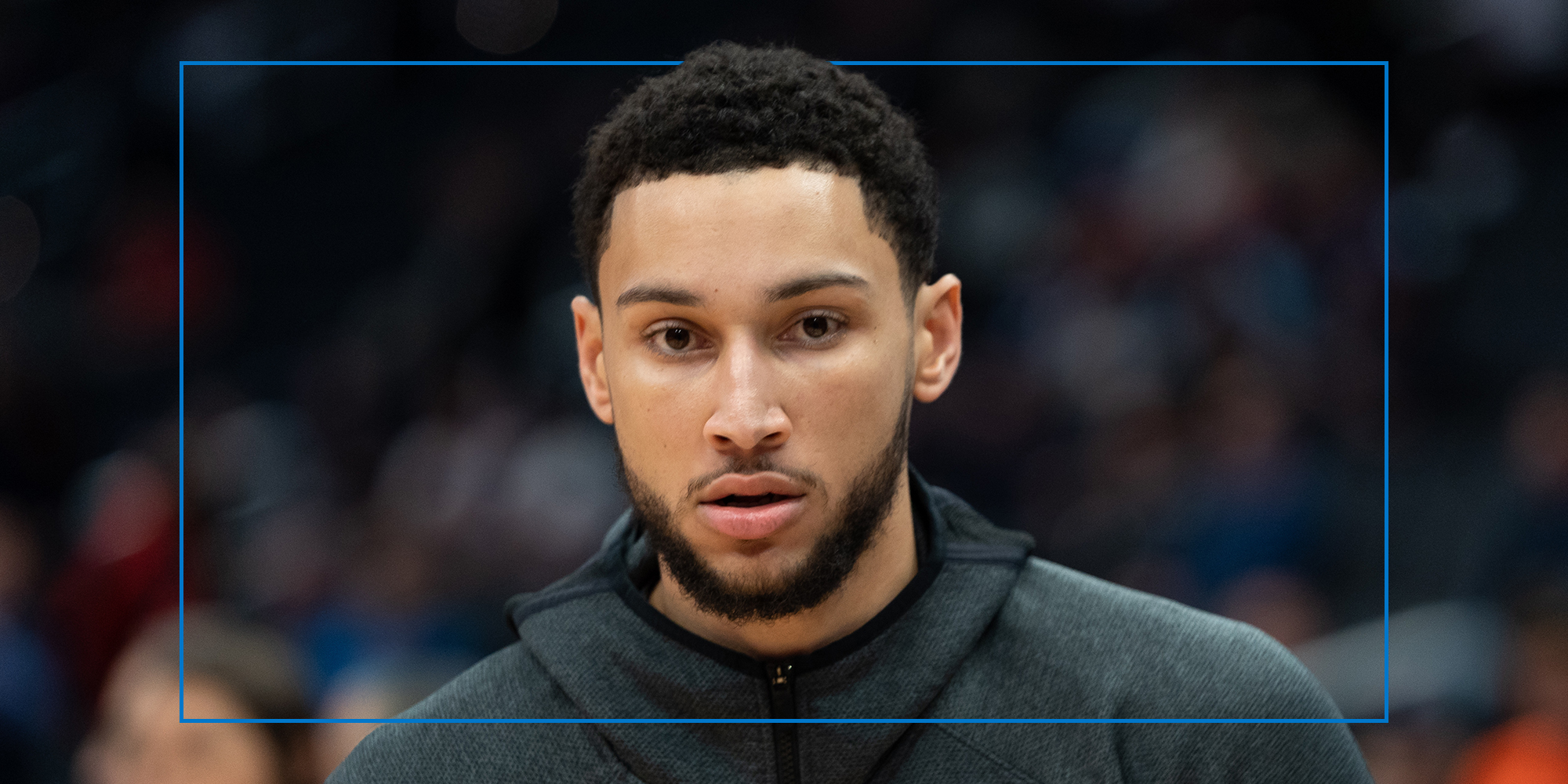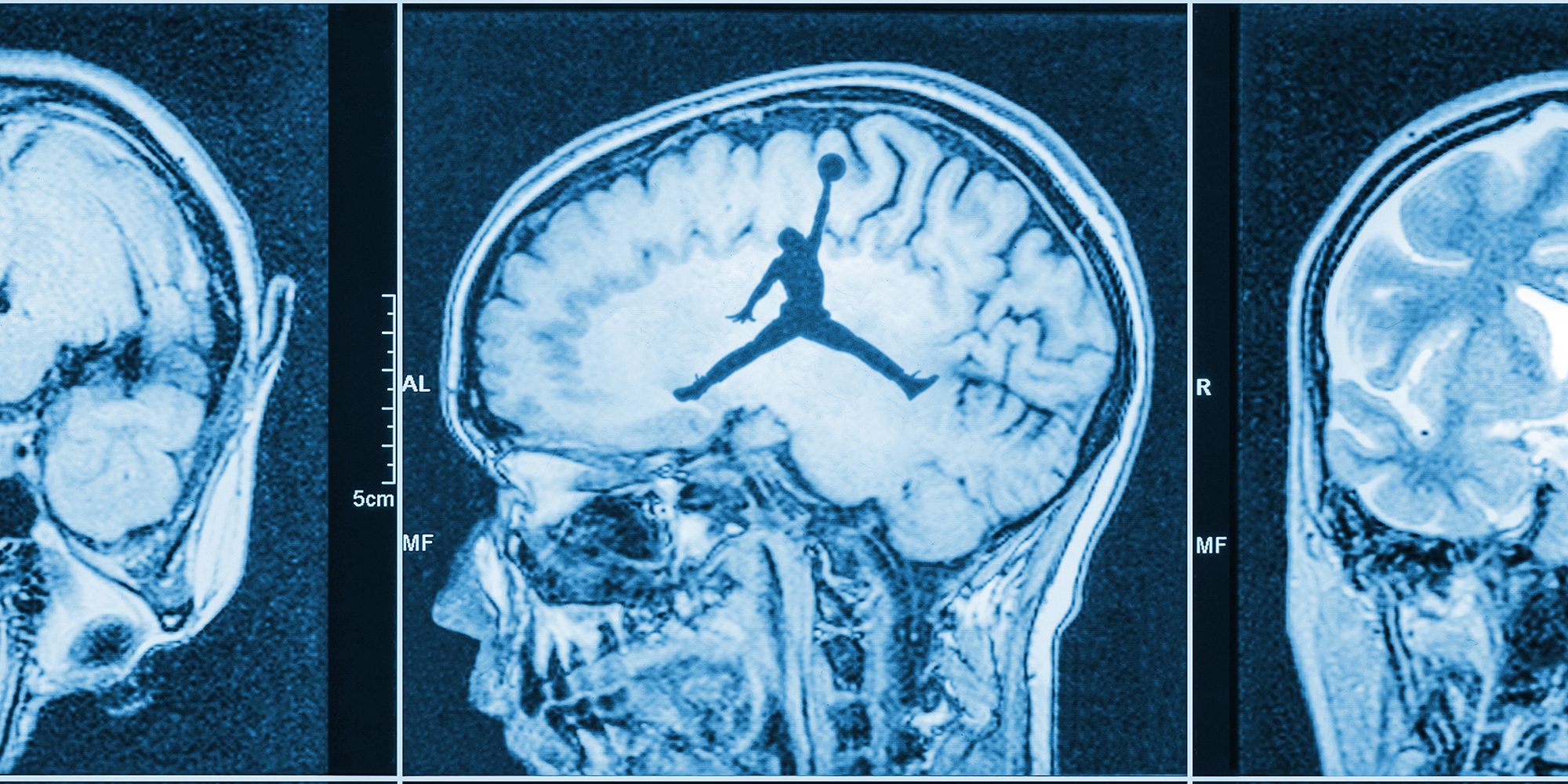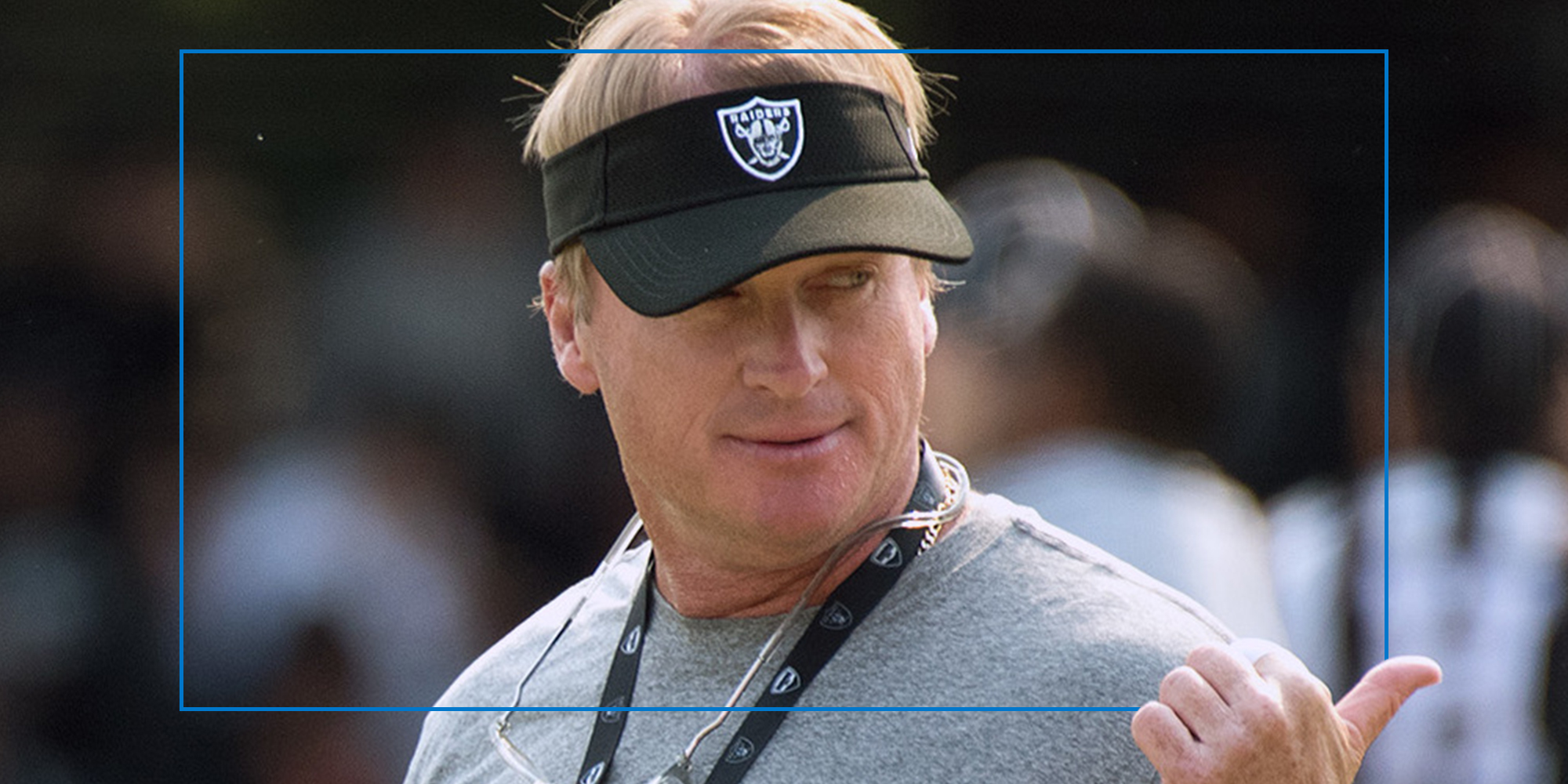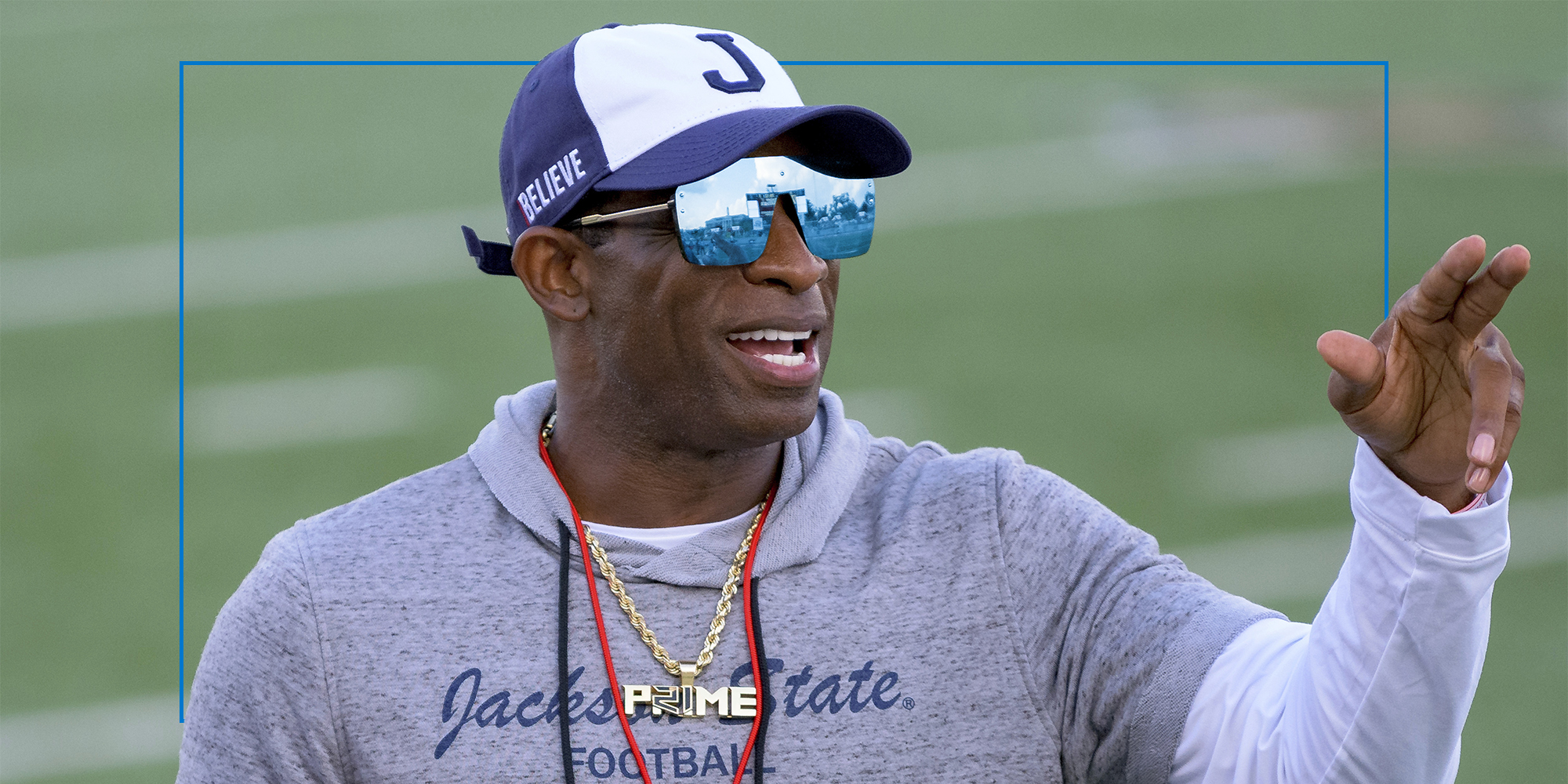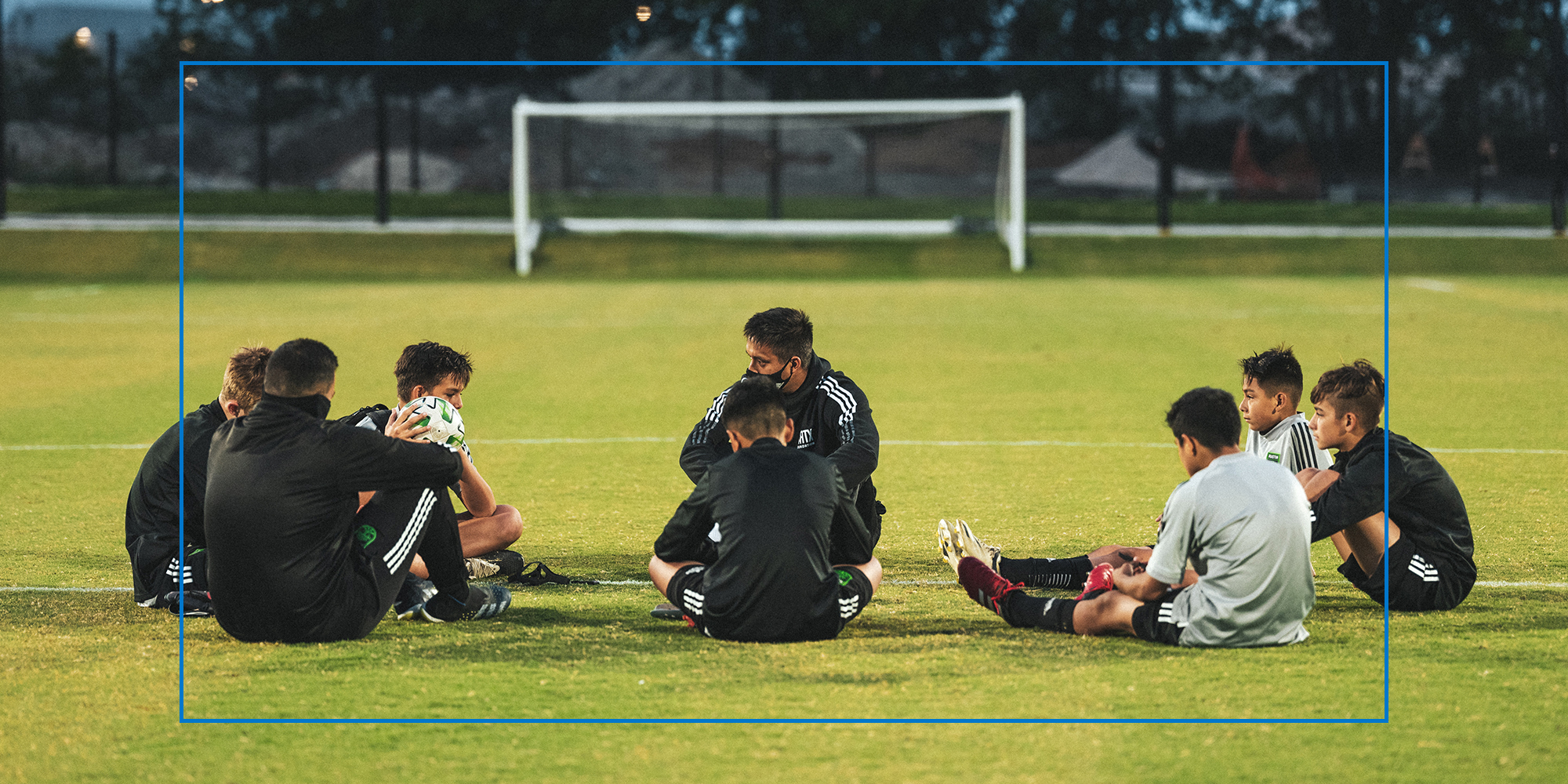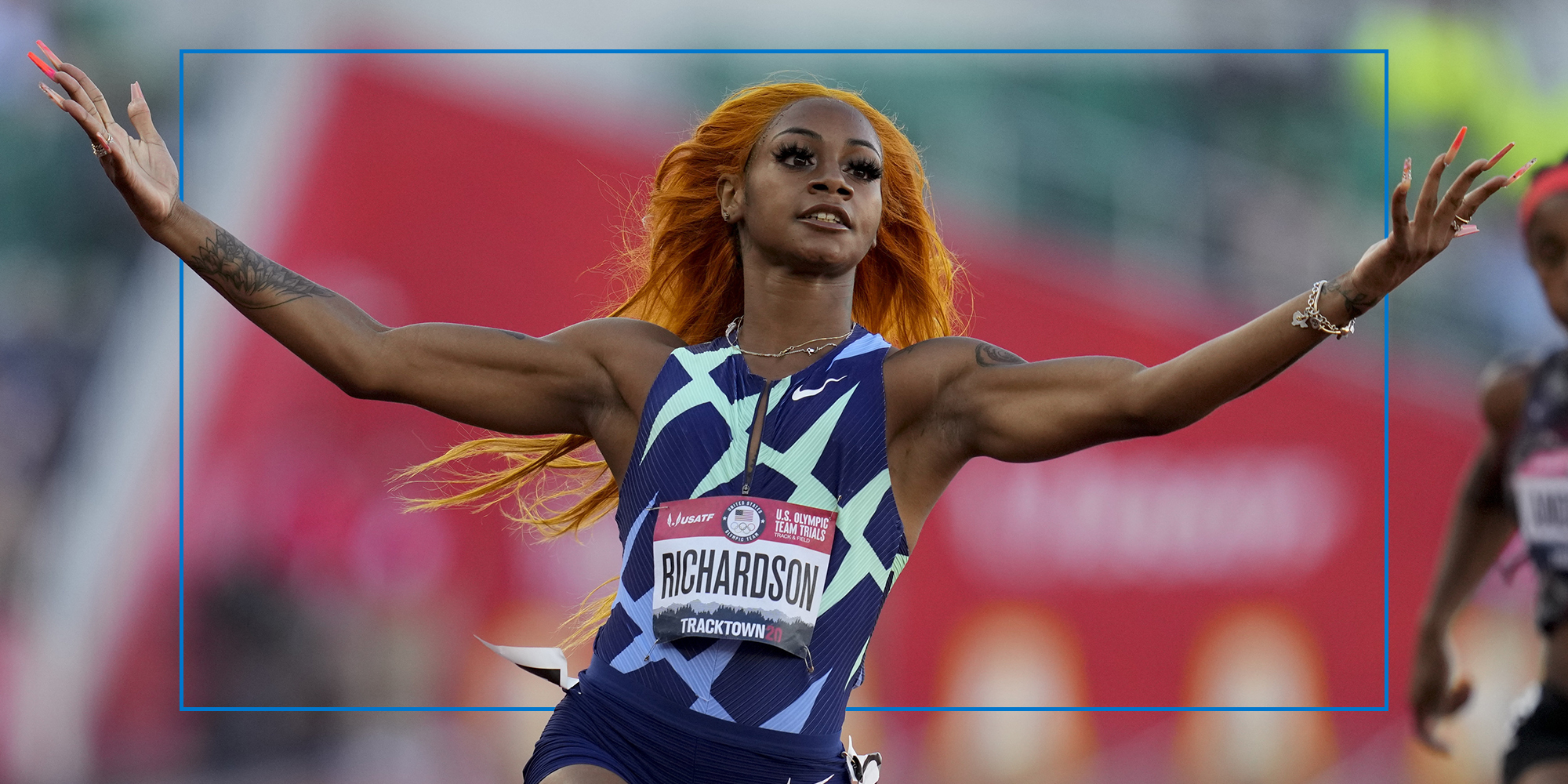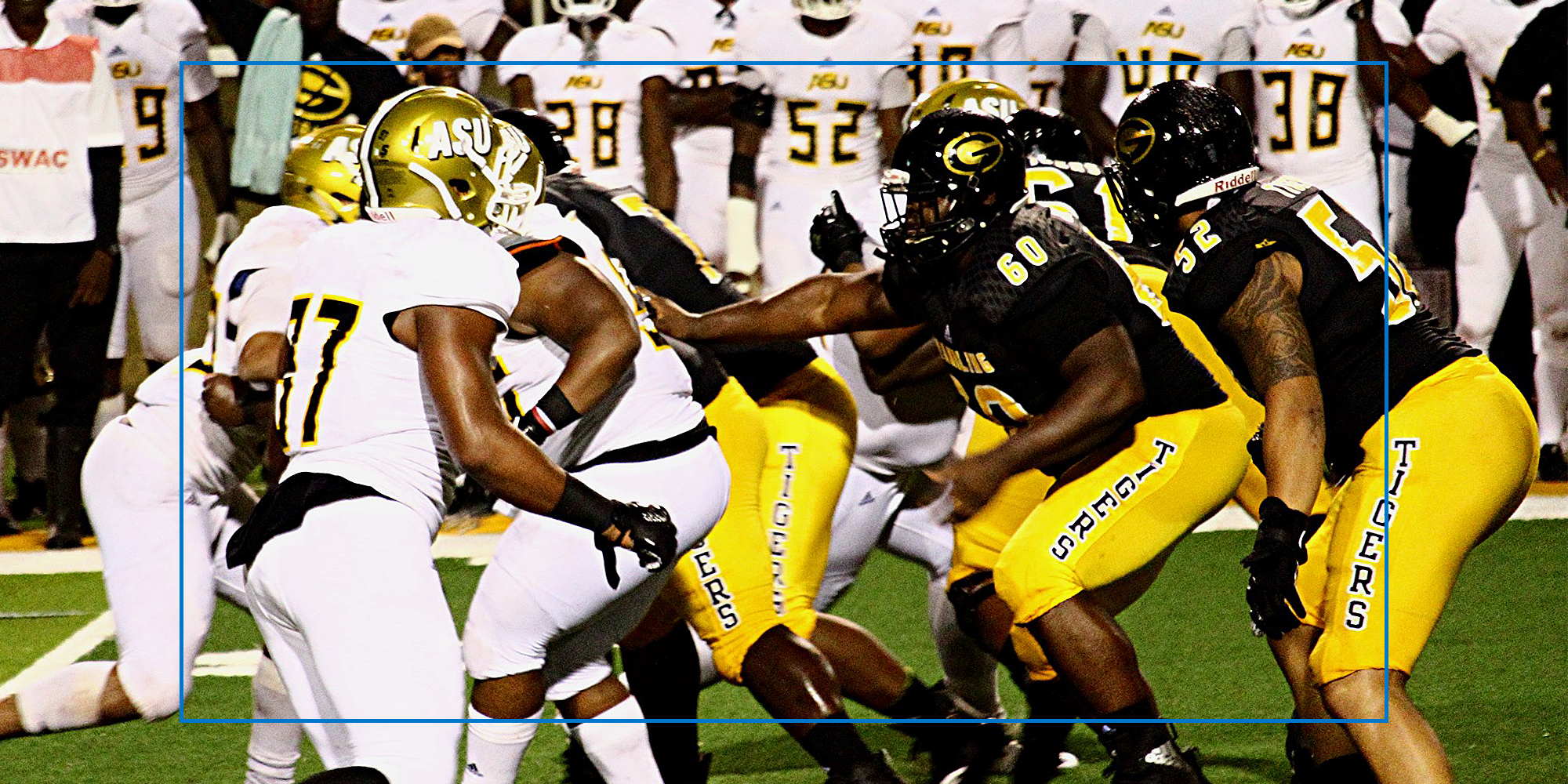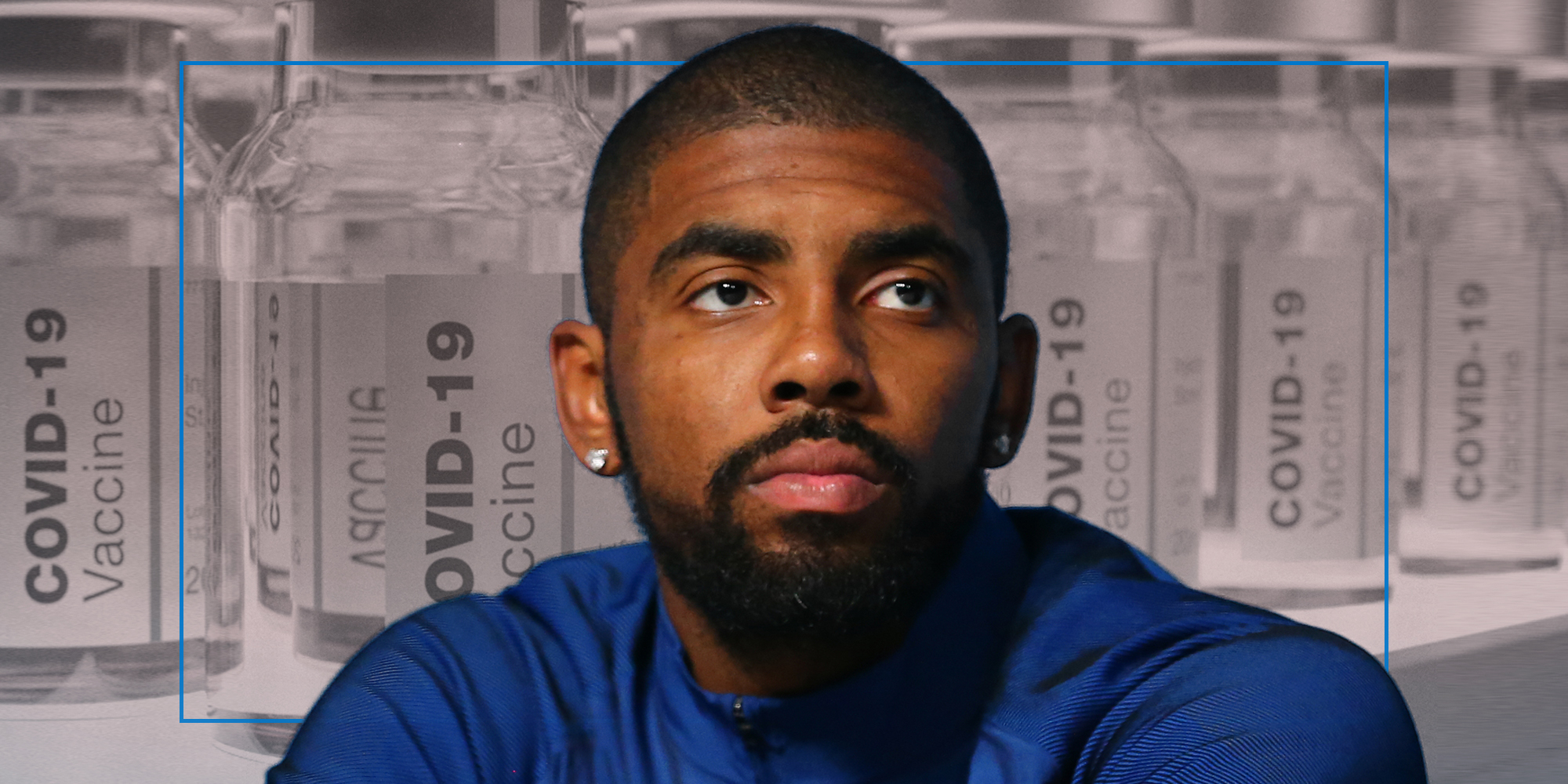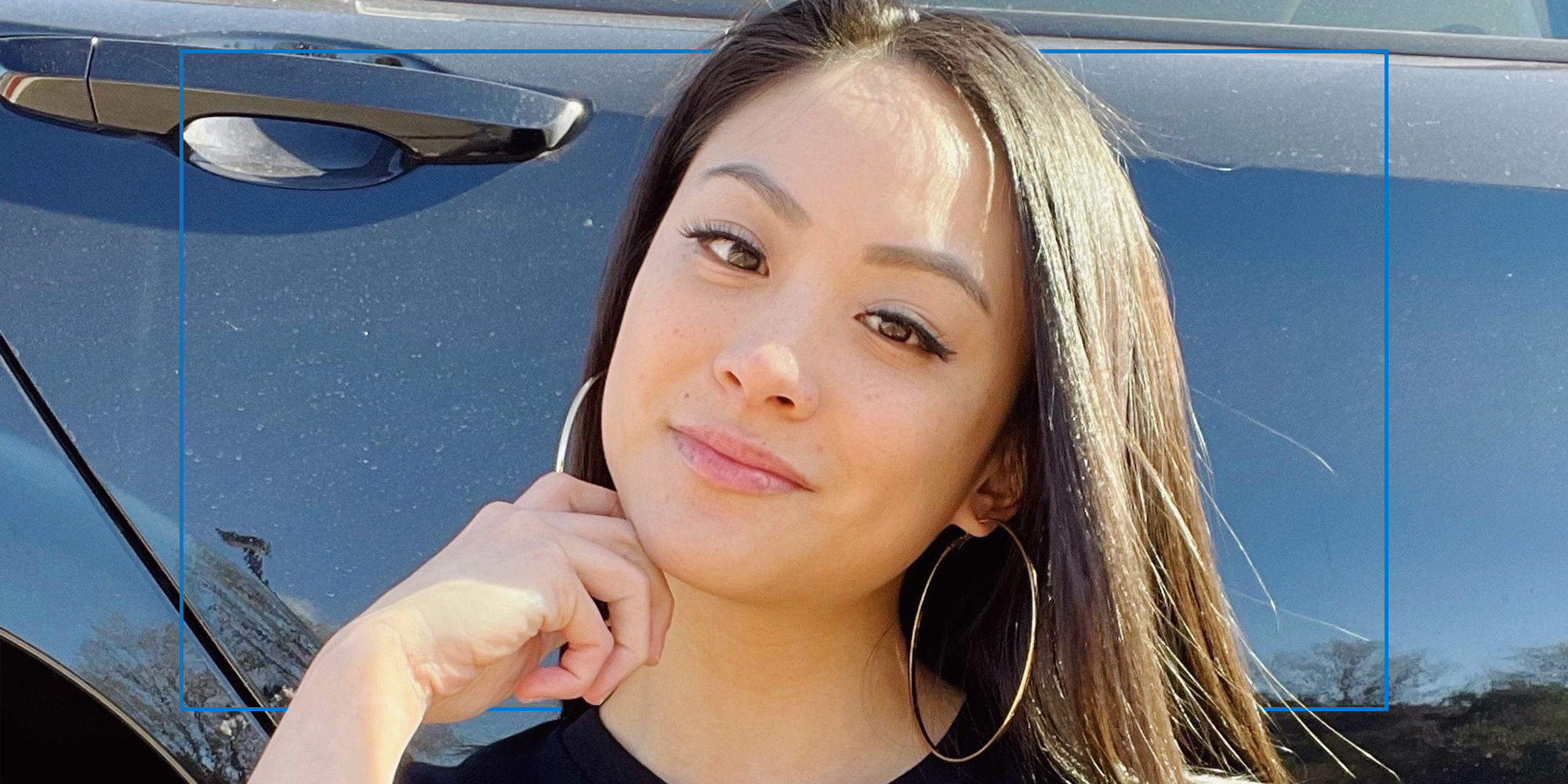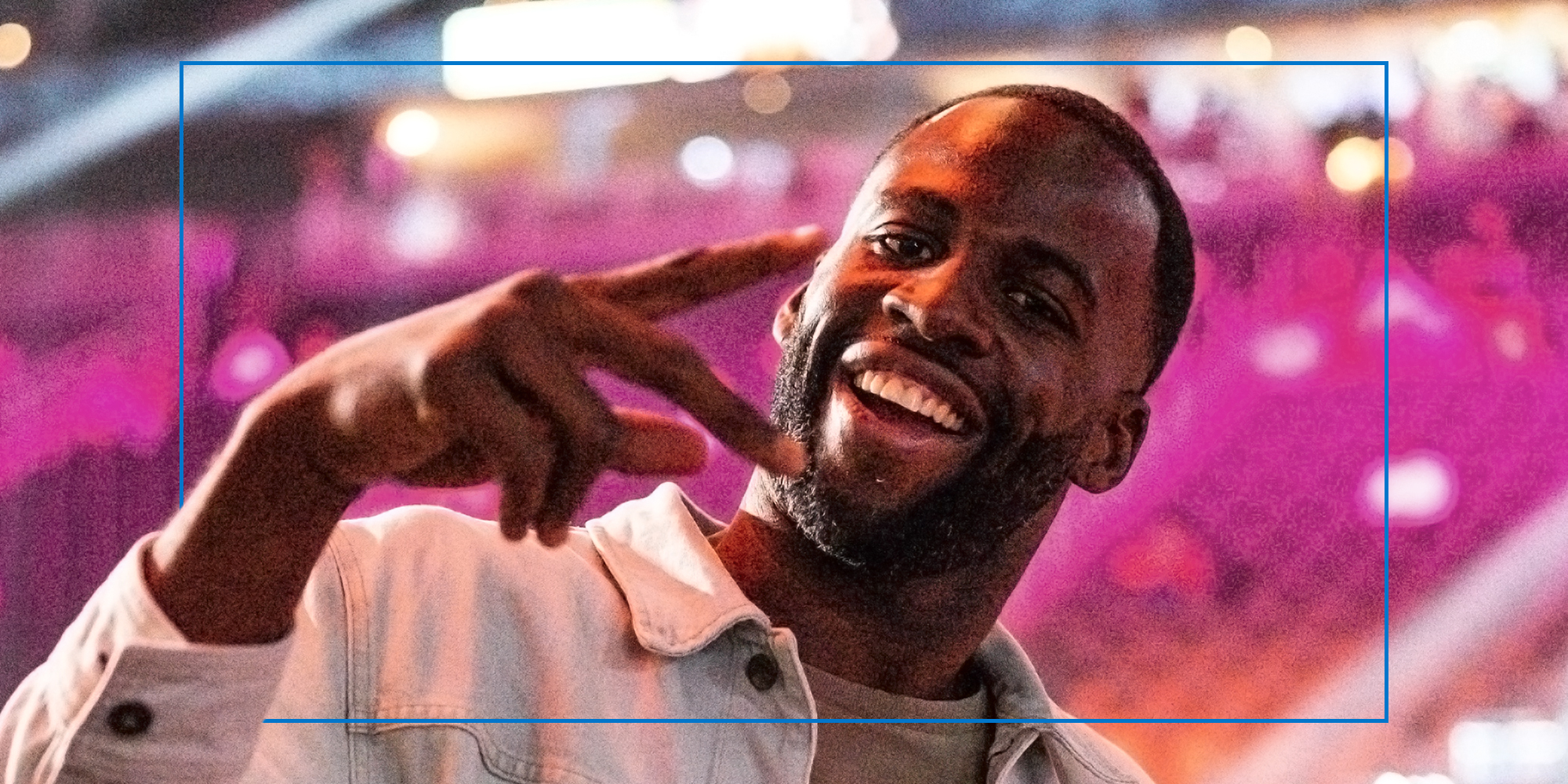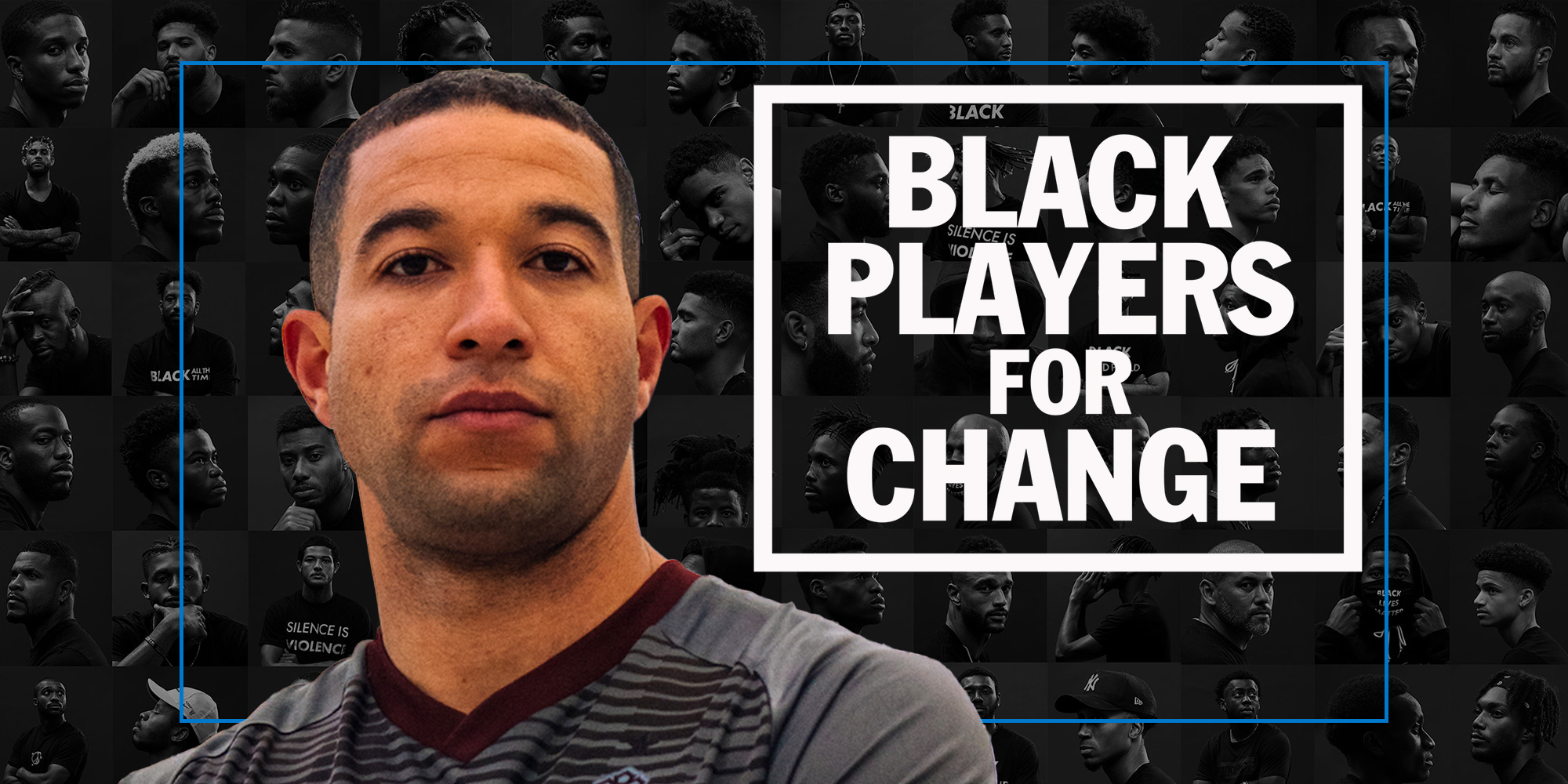The 2022 FIFA World Cup — a global coming together plagued with its own unique intolerance issues — interrupted the annual club soccer calendar in November and December. Clubs around the world went into hiatus, with the top European leagues returning after Christmas. The English Premier League returned on Dec. 26, Ligue 1 on Dec. 28, La Liga on Dec. 29 and the remaining three restarted in early January.
It only took one game back into the club football calendar for Spanish police and La Liga to file a report on racial abuse within a stadium towards a player.
If it was just that one incident, it would be fair to argue that it could be an anomaly. If it were one incident, the case of that being “one too many” would also be valid and just. However, if it were just one incident, this story about an incident-plagued 2023 wouldn’t exist in the distressing way that it does.
Dominic Skipper has been covering the San Jose Earthquakes for 10 seasons with the podcast QuakesAfter90, and on April 8, he witnessed a racial crime committed in a stadium in Harrison, N.J.
“The pause, it caused a churn in my stomach and as a Black man, my immediate thought was ‘I hope it’s not that’ but rumors went around fast within those 15-20 minutes and by the time the game restarted, we – I – knew what had happened.”
Skipper also supports top English team Arsenal and remembers seeing Arsenal’s star forward Bukayo Saka racially abused in the summer of 2021 during the UEFA European Championships. He recalls the pain it caused him, seeing a then-19-year-old racially abused on social media.
“If nobody takes a stand against racism, incidents will keep occuring,” Skipper said. “Being called a monkey, an ape or a racial slur will continue to happen. Until someone steps up, a league, FIFA, MLS – whoever it is – it will keep happening.”
Four occurrences have overtaken headlines 128 days into the 2023 soccer calendar, both in the U.S. and Europe, indicating that this current soccer campaign has a cloud above it. It’s smog, it’s dark, it’s heavy, it’s hurtful and it’s — in alarming and myriad ways — racist.
‘A racist remark was said’
On Saturday, April 8, chaos broke out on the pitch at Red Bull Arena as a visibly distraught Jeremy Ebobisse stood his ground in the 54th minute of play. Ebobisse and his teammates clashed with RBNY players until the two sides were separated. It became evident instantly that Ebobisse was upset with something an opposing player said or did. Within minutes, fingers started pointing toward Red Bulls forward Dante Vanzeir.
Over 15 minutes of stoppage followed, with Video Review looking at the situation, players having conversations with their teammates and the opposition on the sideline and both head coaches having a back-and-forth.
Play resumed and nothing was made of what had happened during the stoppage on the pitch. However, it was immediately noted that what happened caused disarray between the two sides. It wasn’t until the postgame press conference that the worst fears of those watching at home and in person were realized: Racism in the game.
“A racist remark was said,” Ebobisse said. “I do not believe it was to me — I can feel pretty comfortable saying (that) — but the word was used. From there, anyone can make any inference as to who it was hurled at.”
Earthquakes head coach Luchi Gonzalez confirmed after the match that he spoke with RBNY head coach Gerhard Struber during the stoppage, and asked him to remove Vanzeir from the match amid the in-game investigation. Struber opted not to remove Vanzier, who played on until an 86th-minute substitution.
The Athletic’s Paul Tenorio tweeted a clip from the match two days later, showing what appeared to be RBNY goalkeeper Carlos Colonel arguing with Struber about the decision to keep Vanzeir on the pitch during the stoppage.
In the days that followed, both RBNY and the league issued what some saw as insufficient statements regarding the incident. MLS announced that Vanzier would be suspended for six games and fined an undisclosed amount while attending “additional League-mandated training and education sessions, as well as a restorative practices program.” Meanwhile, the Red Bulls issued no consequences for Struber and his actions during the match.
The issue that comes forward is that the Major League Soccer rulebook states it has a “zero tolerance policy” for incidents like this.
The question then, is what is “zero tolerance” and who decides what that consists of? Do we know anymore? Six games without pay and a forced education program feels like a slap on the wrist in comparison to the pain caused.
Regarding Struber, the Austrian was removed from his position as head coach on May 8 – exactly one month after the incident at Red Bull Arena. The Red Bulls labeled the departure a “mutual” decision.
Jamon Moore, a content creator who covers the San Jose Earthquakes for media outlet QuakesEpicenter said that their postgame show “The Aftershock Show” had record-breaking numbers the night of the incident. Moore was live on both his show and the press conference, relaying info in real time to viewers.
QuakesEpicenter posted clips from the postgame press conference and helped amplify the situation on social media immediately after the final whistle. Per Moore, The Aftershock Show gets around “500 to 1000 viewers in total with a live audience of 50 to 100.” That night, the show gathered over 4,000 total views, and the clips they posted of Luchi Gonzalez and Jeremy Ebobisse’s press conference garnered over 27,000 views on Twitter. That night, they saw more than four times their normal audience tune into the show while interactions and impressions on social media hit numbers they’d never seen before.
The response on social media to Moore and QuakesEpicenter’s coverage was not all positive, though, with one concerning response in particular.
“Someone posted a picture of an ape in our replies, to be honest, and I was so astounded because I hadn’t seen an overt reaction to something like this before,” Moore said.
Moore added that the response from Earthquakes fans and Red Bulls fans alike was “encouraging” but said that he wished more of a response would have come from neighboring teams’ supporters, supporters’ groups and the league office.
After the consequences for Vanzeir’s actions (a six-game suspension, undisclosed fine & educational sessions) were announced, Moore said it was “completely inadequate.”
Red Bulls fans responded swiftly, with supporters’ group Viking Army releasing a statement on April 14 informing that their entire section planned to walk out of Red Bull Arena after the National Anthem played on April 15 against the Houston Dynamo.
Jonathan Faherty, a lead capo and board member for Viking Army, spoke with me about the ongoing incident and what the reaction has been from the club’s supporters.
“As far as the disconnect is concerned,” he noted, “a lot of our frustration was originally with the league, how the league was handling it and the speed at which the league was handling it.”
Those frustrations that built up eventually led to the protest against the Dynamo.
“The purpose of the walkout was so that — not only just the Viking Army — but the ESC (Empire Supporters Club) and Torcida (Torcida 96), the entire South Ward — we wanted there to be something that people can concede tangibly and physically, with all of us being there, and then walk out to show out that we were not happy with what had gone on. We were looking to make a statement.”
Faherty added that their intention was to have the physical “symbolism” of the entire South Ward walking out in unity together. Their hope was the movement would not only display their frustrations, but show that it was a group-wide movement.
Faherty noted that the Red Bulls organization has “kept an open line of communication” with all three supporters’ groups in the South End, and that they’re “working under the information they’re given” from the club each day.
RBNY returned to Red Bull Arena on May 6 for their first home game since the April 15 protest against the Dynamo on April 15. Faherty said that Viking Army’s protest was over and that their members voted together to support the team once again, while the Empire Supporters Club released a statement via Twitter saying that their protest was set to continue.
A nation’s hosting rights revoked
On March 29, just 50 days before the start of the 2023 U-20 FIFA World Cup, FIFA revoked tournament host Indonesia’s rights to present the prestigious youth footballing competition.
The reason? An Indonesian government official’s xenophobic comments towards Israel qualifying for the tournament that was set to take place in their country. Governor Wayan Koster of the island of Bali, where Hindu is the prominent religion, called for a ban on Israel’s participation in the tournament, as the Sydney Morning Herald reported.
Koster wrote to the Indonesian Minister of Sports on March 14. Just fifteen days later, FIFA pulled hosting rights from the island nation, with its announcement following a meeting between FIFA President Gianni Infantino and Indonesian soccer federation president Erick Thohir in Doha, Qatar.
Per Reuters, the lead-up to the decision was partly due to Indonesian fans marching through the capital of Jakarta to protest Israel’s participation in the tournament. Israel as a footballing nation is part of UEFA, despite hosting and winning the Asian Cup in 1964. They left the AFC (Asian Footballing Confederation) in 1974 via expulsion due to (as The Guardian explained) a Kuwaiti proposal.
Protesters in Jakarta burned an Israeli flag and waved their own while carrying xenophobic signs down the streets of the capital city. Clips of the protest surfaced on social media where signs read: “Israel is a muslim enemy” while a large banner was held asking why the Indonesian government was having diplomatic relations with Israel. The bottom of the banner read “Israel go to hell.” Per the Associated Press, conservative Islamic groups were among the protesters.
FIFA’s decision to remove Indonesia as a hosting nation came with controversy, reopening the question of why they allowed Qatar to host the 2022 Men’s FIFA World Cup. In Qatar, homosexuality is illegal; reports surfaced in the buildup to the tournament that migrant workers were mistreated, underpaid and even died in drastic circumstances preparing stadia for the event.
The 2023 U-20 FIFA World Cup has since been moved to Argentina, with the first match set to start on May 19. With the host nation being changed, Indonesia no longer has a slot in the tournament and Argentina – who previously failed to qualify – has been inserted as the automatic bid due to hosting.
‘I will not stop dancing’
There it hung, a doll by a string, wearing the jersey of Real Madrid star Vinicius Junior, swinging back and forth from the edge of a bridge overlooking the road on the way to the Santiago Bernabeu. Everyone saw it, including the Brazilian star. The doll, which had a noose around its neck, was hung by a group of rival Atletico Madrid rivals along with a banner that read “Madrid hates Real,” according to Spanish police.
The doll was only the initial insult, though. Racist chants ensued for 120 minutes thereafter during what was supposed to be a brilliant cup tie between Madrid’s two finest teams. An Extra Time match that saw Real Madrid win 3-1, with the dagger coming from the Brazilian in the 121st minute, was overshadowed by echoes of racial abuse throughout the contest.
Vinicius responded to the actions of the Atletico Madrid ultras with a message on social media saying “Love will always beat hate,” with Atletico Madrid responding with a statement of their own to ESPN, denouncing the racist remarks aimed at the Madrid star.
The issue at hand, though, is that this was not the first time Vinicius had been subjected to racist remarks from Atletico Madrid fans, and just over three weeks earlier, the Brazil star was the target of racism in Real Madrid’s match against Real Valladolid on Dec. 30.
Since returning from the World Cup, Vinicius has been racially abused four times in Spain from opposition fans. The Brazilian took to Twitter following the conclusion of Madrid’s match against Valladolid, stating that “La Liga continues to do nothing” about the racism issue within the league.
In total, five hate crimes against the Brazilian star have been reported in just the 2022-23 campaign. In September, Pedro Bravo – president of the association of Spanish agents – appeared on television and made the comparison that his dancing celebrations on the pitch after scoring a goal were that of the behavior of a monkey, and that the Brazilian should “stop playing the monkey.” Bravo himself went to Twitter in an attempt to apologize to the Madrid star, but the damage was already done.
The Brazilian’s response to the incident came in the form of a video and text in an Instagram post. “The script always ends with an apology and an ‘I’ve been misunderstood’,” Junior said. “But I’ll repeat it for you, racist: I will not stop dancing. Whether it’s in the Sambadrome, in the Bernabéu or wherever.”
The hashtag #BailaViniJr went viral on social media following Vinicius’s Instagram post, with echoes of support being brought in from around the world for the Madrid footballer. Professionals from across Europe’s top leagues to teammates of his with the Brazil national team offered their support, while fans and viewers from home used the hashtag to send their love his way.
Despite the uplifting campaign to support the Brazilian, incidents continued to occur and the Madrid star has continually become the victim of racism within La Liga. In Real Madrid’s match against Girona on April 25, a 4-1 loss, Vinicius was greeted with the home side’s stadium chanting “Mono, Mono” (“monkey, monkey”) following his goal in the 34th minute. That was the fifth, and most recent, incident.
La Liga informed news outlet CNN in January that it “does not have the authority” to punish clubs or fans for racist incidents that occur inside stadiums and that instead, they recommend punishment to Spanish authorities.
The detailed piece later on shares that La Liga informed CNN that dating back to the 2020 La Liga campaign, 12 reported hate crimes had been archived within the league. Eight of those 12 involved Vinicius. Three more incidents have occurred since that publication.
Despite being the victim of numerous hate crimes and racist agendas across La Liga and Spain, Vinicius has continually risen to the top and remained as professional as possible. He’s helped lead Madrid to the UEFA Champions League Semifinals this season, and his side are in a battle for second place in the league — with Atletico Madrid.
As the remainder of the 2022-23 campaign plays out, there’s only one certainty with the Brazil star: he will not stop dancing.
A call to punish racism
Belgium international and Inter Milan star Romelu Lukaku has heard it one too many times. He’s overcome adversity as a Black footballer in Italy on more than one occasion, and now, he’s fighting once again.
On April 4, Lukaku was racially abused by Juventus fans in the first leg of the two teams’ Coppa Italia tie. Lukaku scored a stoppage-time penalty and held up a finger to his mouth to celebrate, his trademark celebration. However, referee Davide Massa was not fond of the celebration and he handed Lukaku a second yellow card, deeming his actions to be “provocative” and aimed at the home fans. The second yellow card removed Lukaku from the match with a red card offense.
The Belgian international left the pitch to monkey chants and whistles from the Juventus supporters.
“I hope the league really take actions for real this time because this beautiful game should be enjoyed by everyone,” Lukaku posted on his Instagram page.
Sports agency Roc Nation, who represent Lukaku, called the incident “beyond despicable” with President Michael Yormark refusing to hold his tongue back when speaking on it in the agency’s Instagram post. Yormark went on to say: “The Italian authorities must use this opportunity to tackle racism, rather than punish the victim of the abuse.”
Per Reuters, Juventus and Serie A are set to ban 171 fans from the Turin stadium after video surfaced of the individuals making both monkey sounds and gestures aimed at Lukaku at some point during the contest.
In an in-depth and incredibly candid nine-minute conversation on their UEFA Champions League pregame show, CBS Soccer Golazo Show host Kate Abdo sat down and spoke with fellow co-hosts and former Black professional soccer players Thierry Henry and Micah Richards – both of whom played in Serie A at one point in their career – about the racial incident between Lukaku and Juventus fans. “Football Law Expert” and CBS Soccer contributor Christina Unkel joined the show to discuss the referee Davide Massa’s choices as well.
The full interview, tweeted out by the show’s social media account on April 11, has gathered more than 2.2 million views since.
Unkel described the racial abuse as something that “could be heard by everyone on the field” and added that it was not one instant, that instead it was “continuous.” Richards described the referee’s choice to be “degrading” while adding that the celebration Lukaku chose was a trademark celebration he uses “week after week.”
Following the conclusion of the first leg, the Italian FA chose to uphold the second yellow card for Lukaku. Henry spoke candidly and honestly about the frustration with that, saying that with that choice, they “validated” the referee’s mistake. However, prior to the playing of the second leg – a 1-0 win for Inter Milan on April 26 – FIGC (Italian football federation) president Gabriele Gravina overturned the decision in a statement denouncing the racial abuse from the Juventus fans.
This was the second racial incident archived with a police record in Italy and Serie A with Lukaku.
The conversation needs to continue and accountability needs to be driven into the decision-making process as the game continues to progress forward. It’s beyond evident that enough is not being done to rid the game of racism.
The lack of accountability is detrimental to the growth of the global game. It’s on international and local lawmaking bodies to protect these footballing nations, teams, players and leagues from the pain of discrimination and racism. It’s on Major League Soccer, Serie A and La Liga to make more than a statement. It’s on FIFA and the AFC to put their foot down with consequences to the Indonesian Footballing Federation.
There will be no progress without accountability. Without accountability, there will be no growth. Without growth, these perpetrators will not learn and this continuous cycle will remain. Soccer is dubbed the beautiful game; everyone should work to keep it that way.
Jacob Schneider is a Minnesota-based freelance writer and content producer covering Major League Soccer. Follow him on Twitter at @_JacobSchneider.
This story is part of the Pixel Pitch series, exploring the spaces where soccer, the internet and identity intersect. Pixel Pitch is a joint project partnering The Daily Dot with The Striker, a soccer-centric online publication “where every day is a soccer news day.”
See more stories from Presser – examining the intersection of race and sports online.

